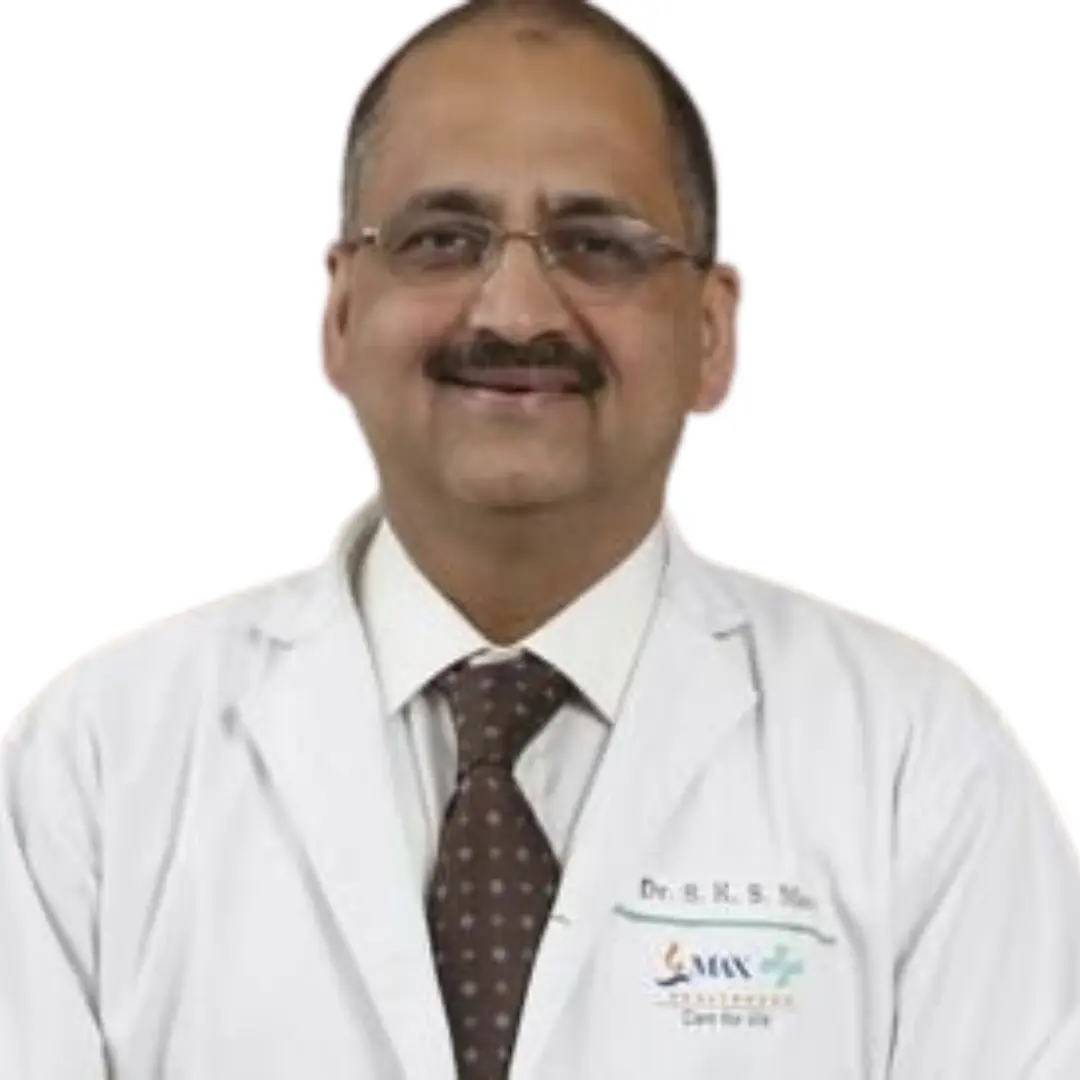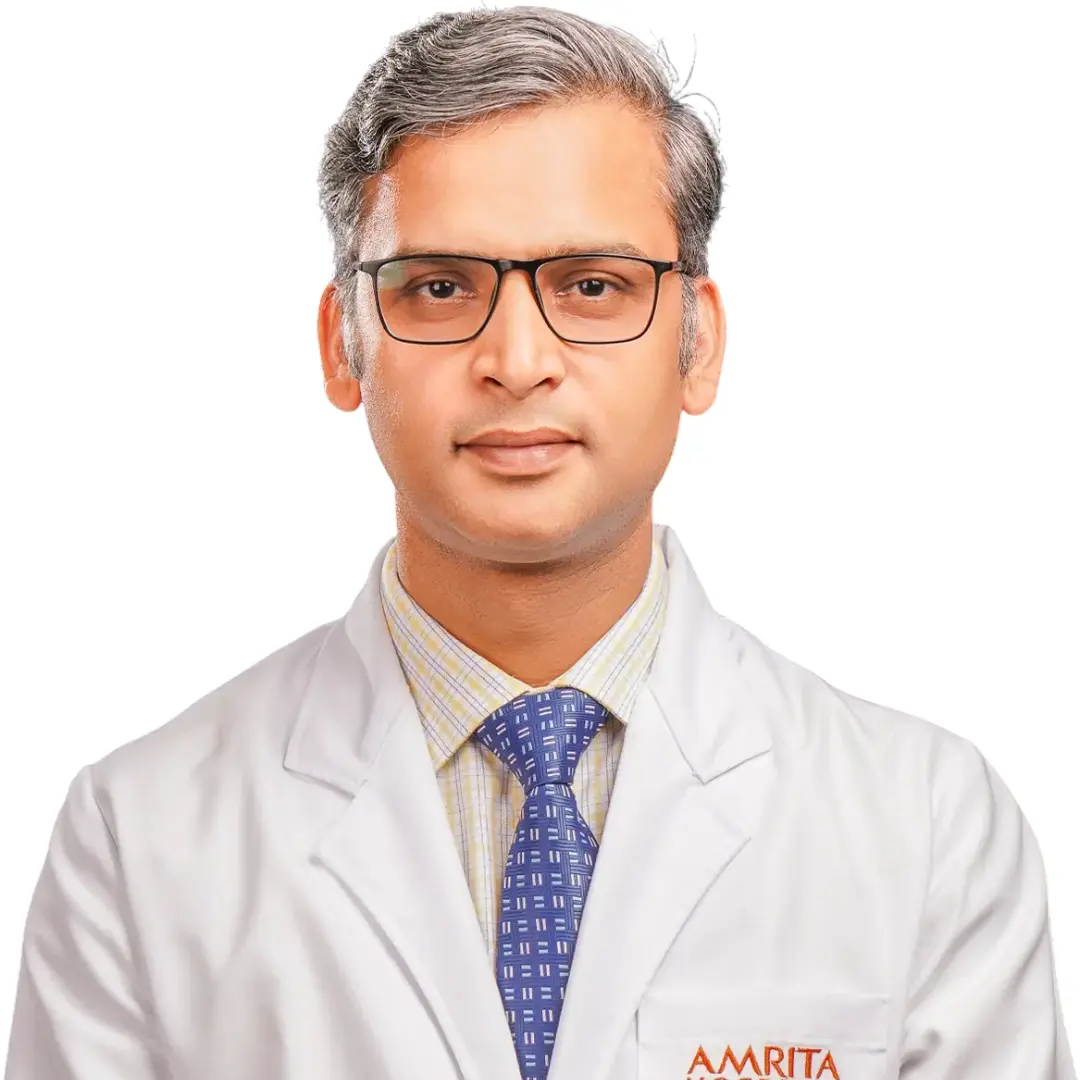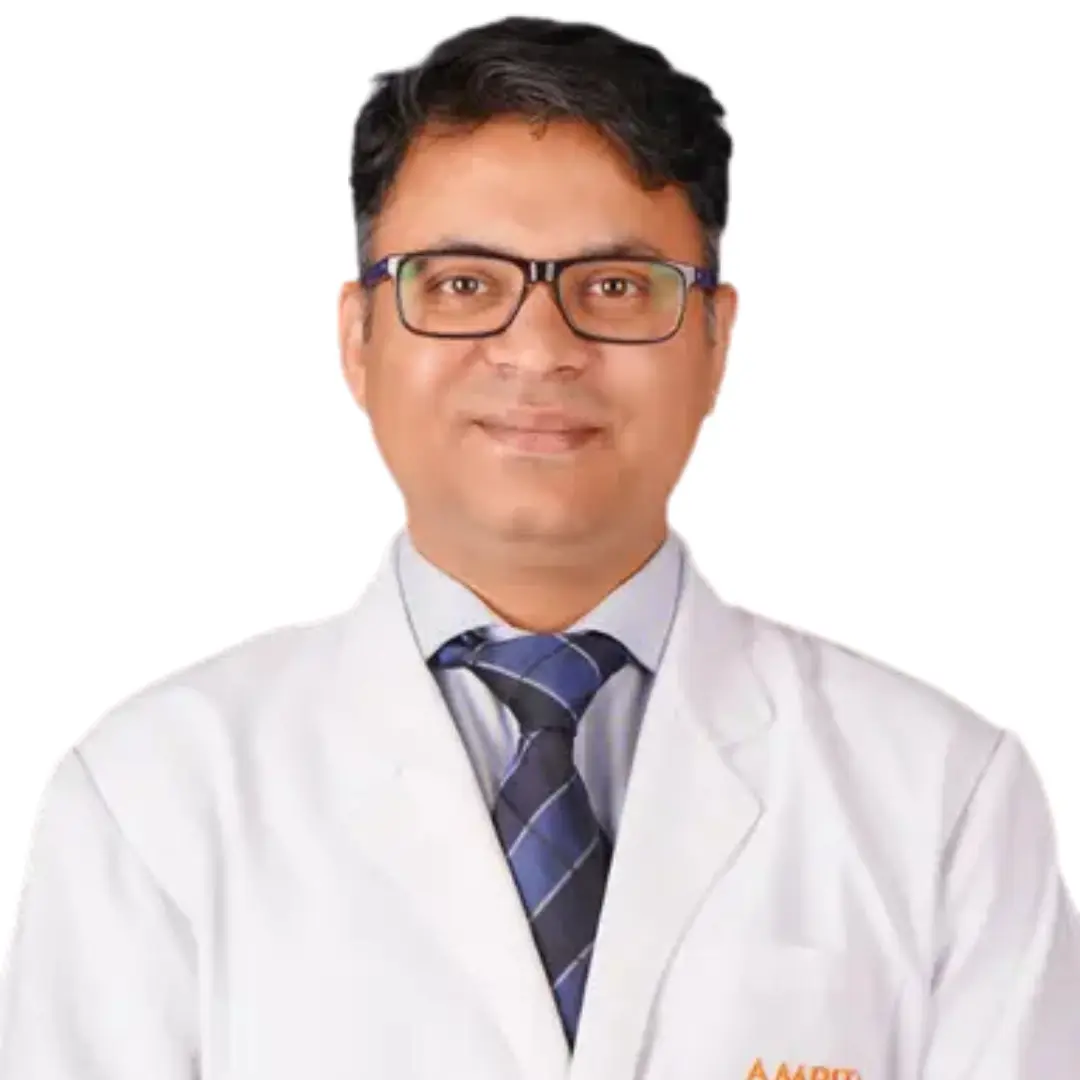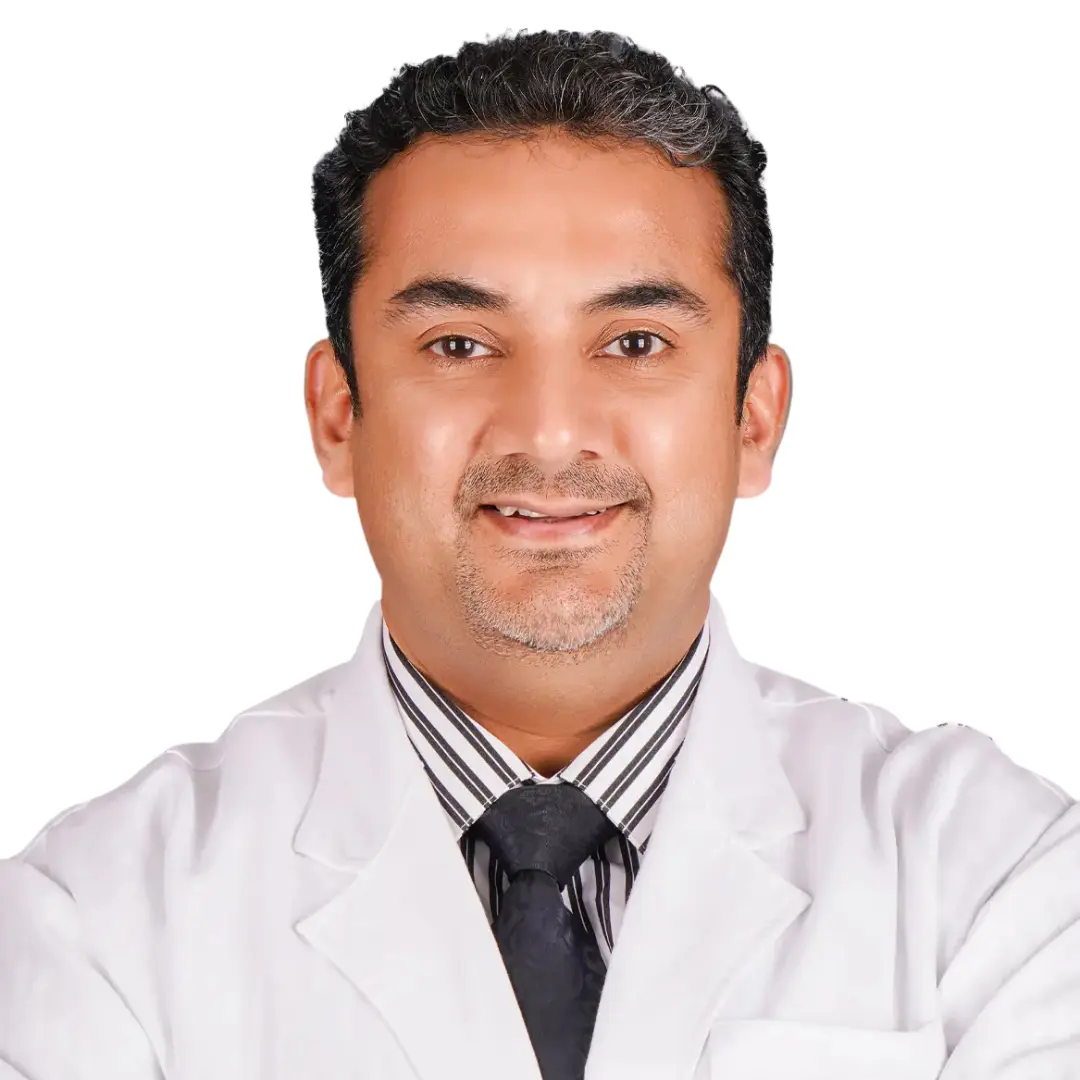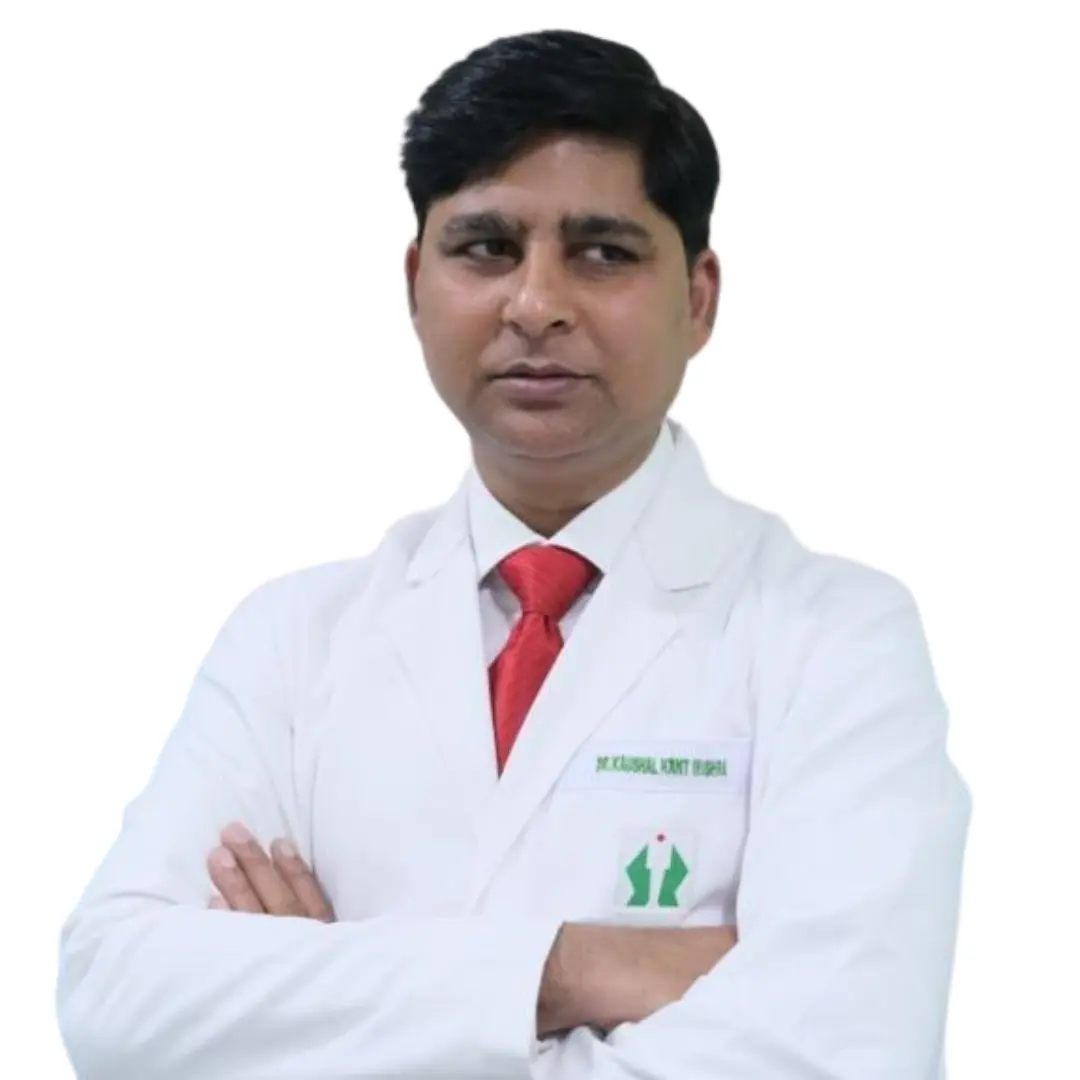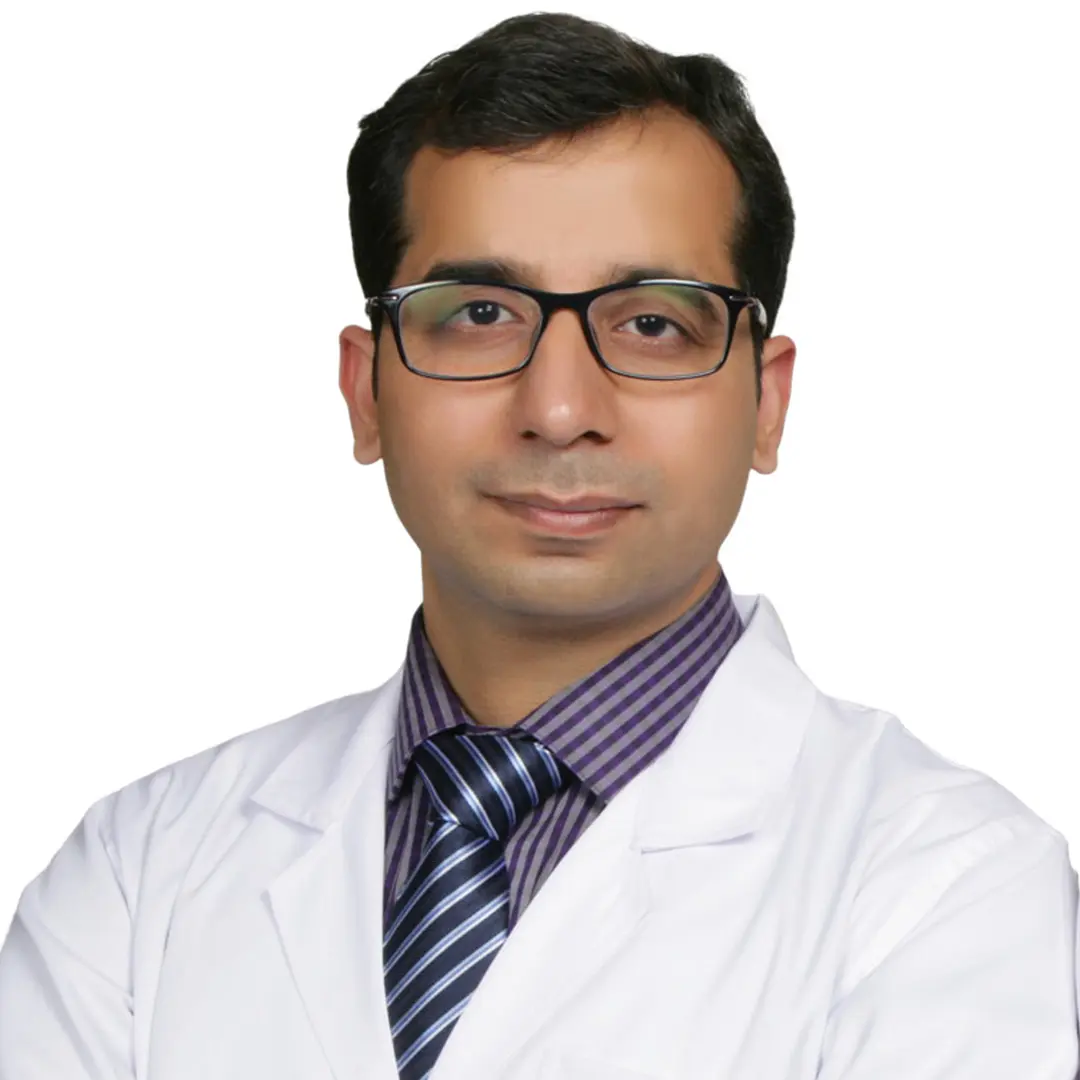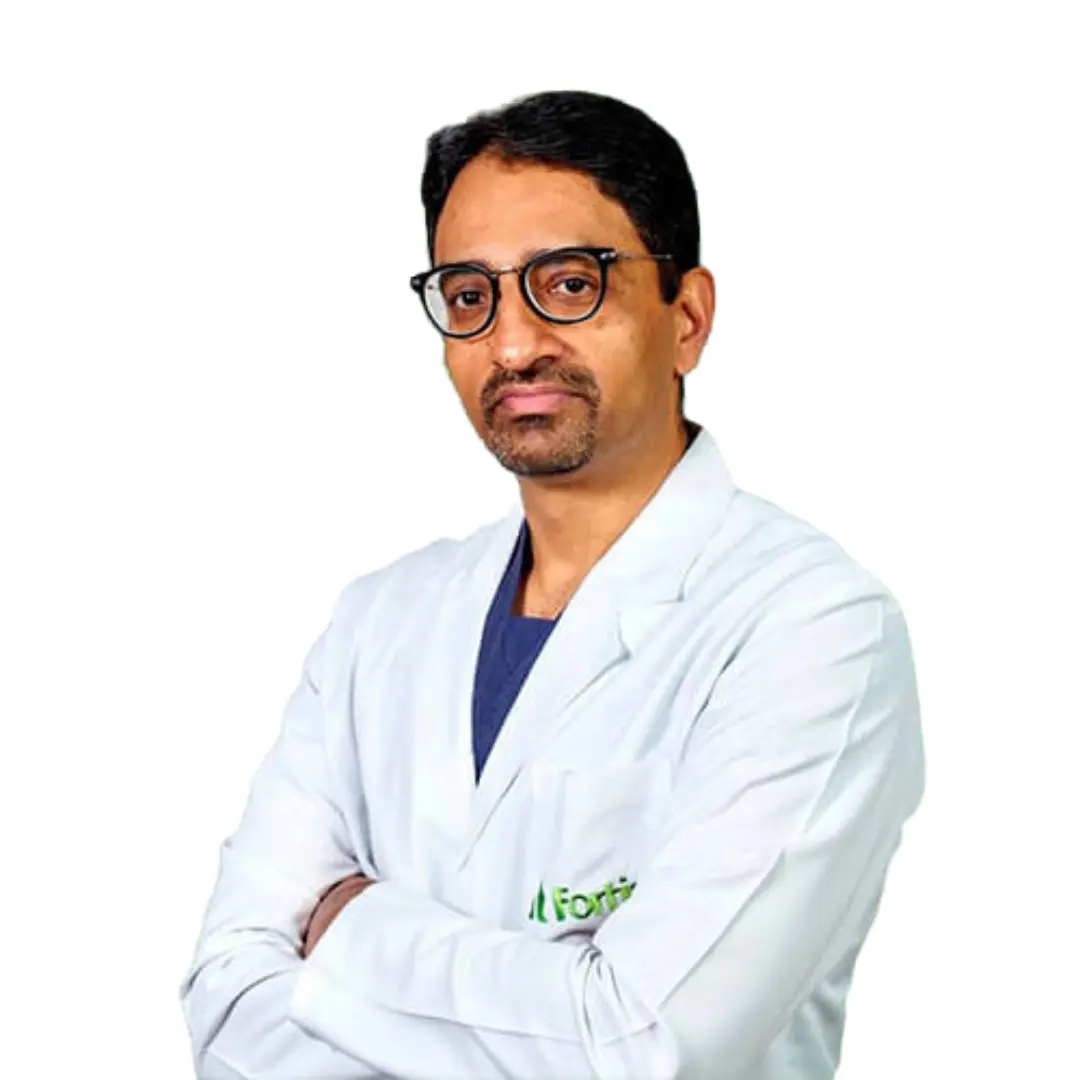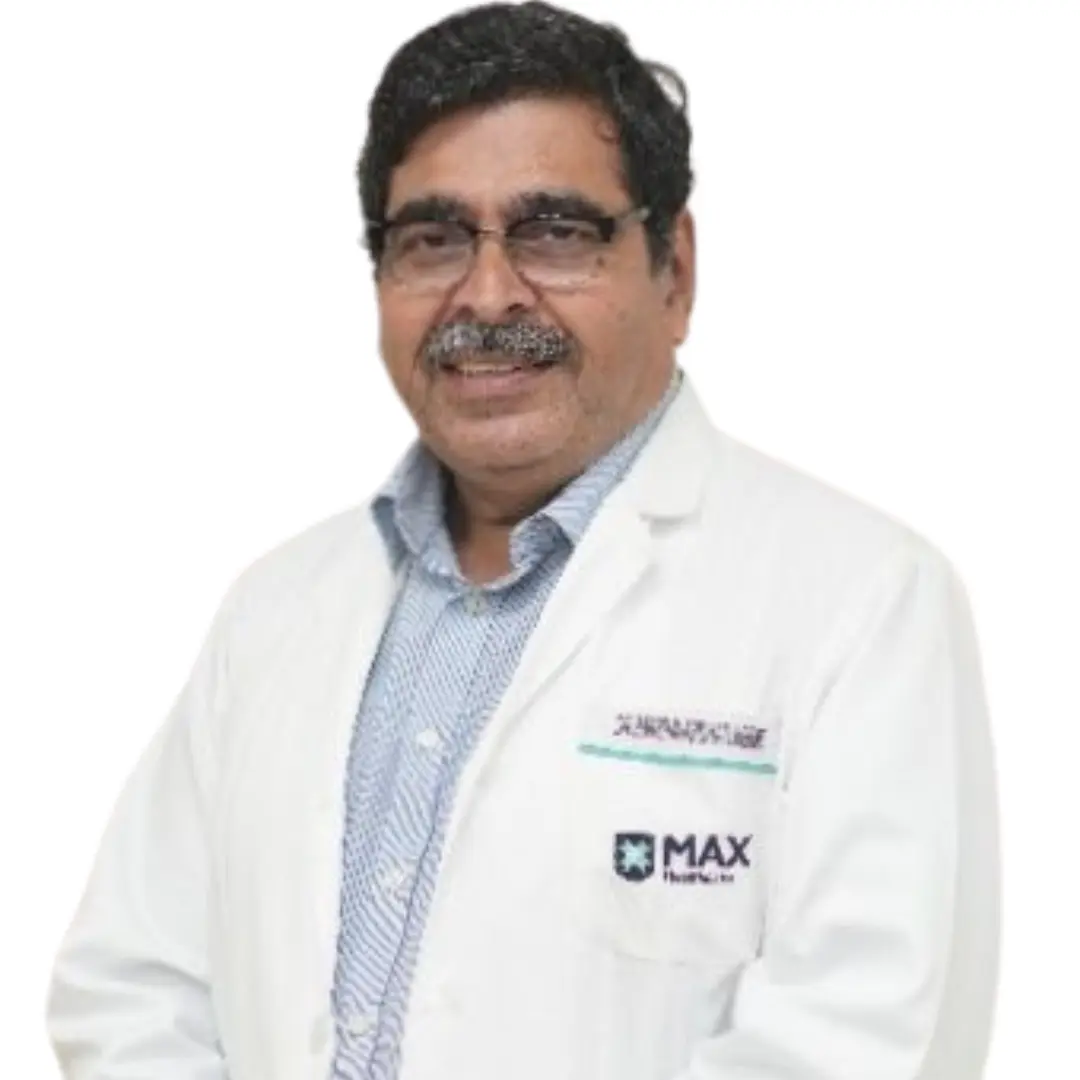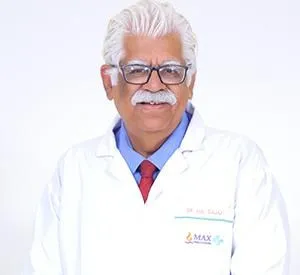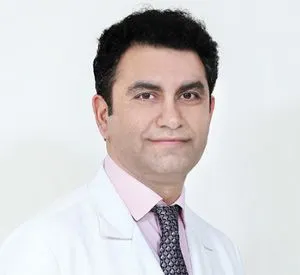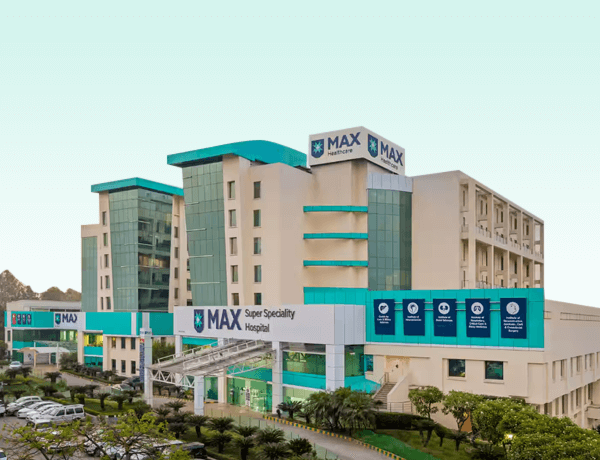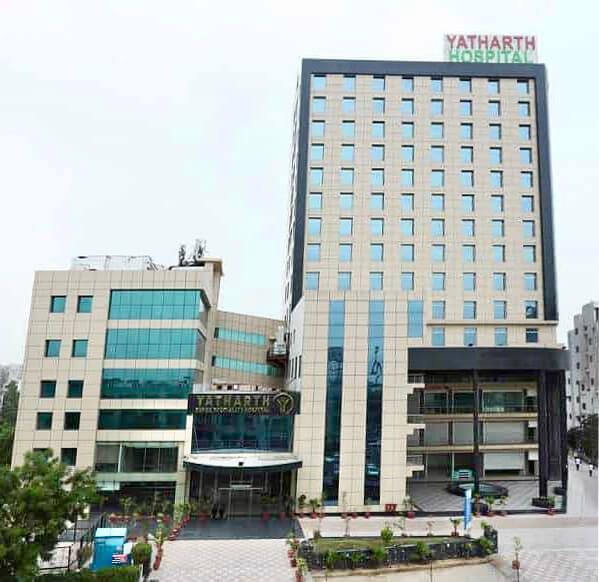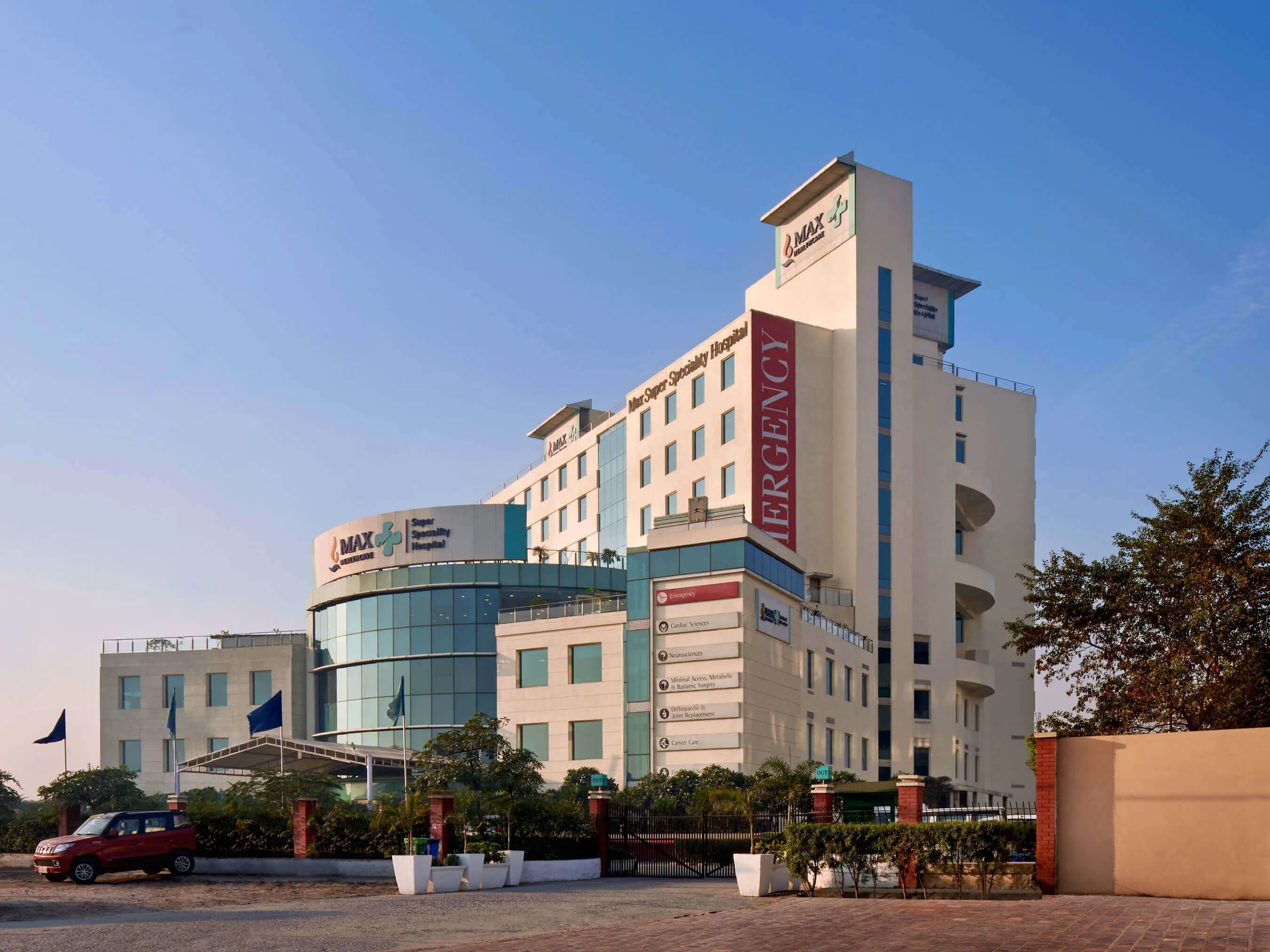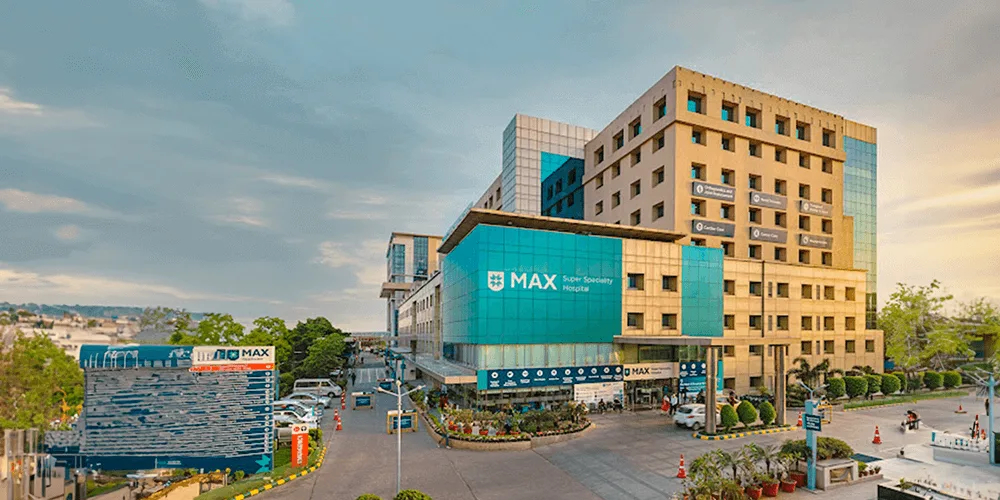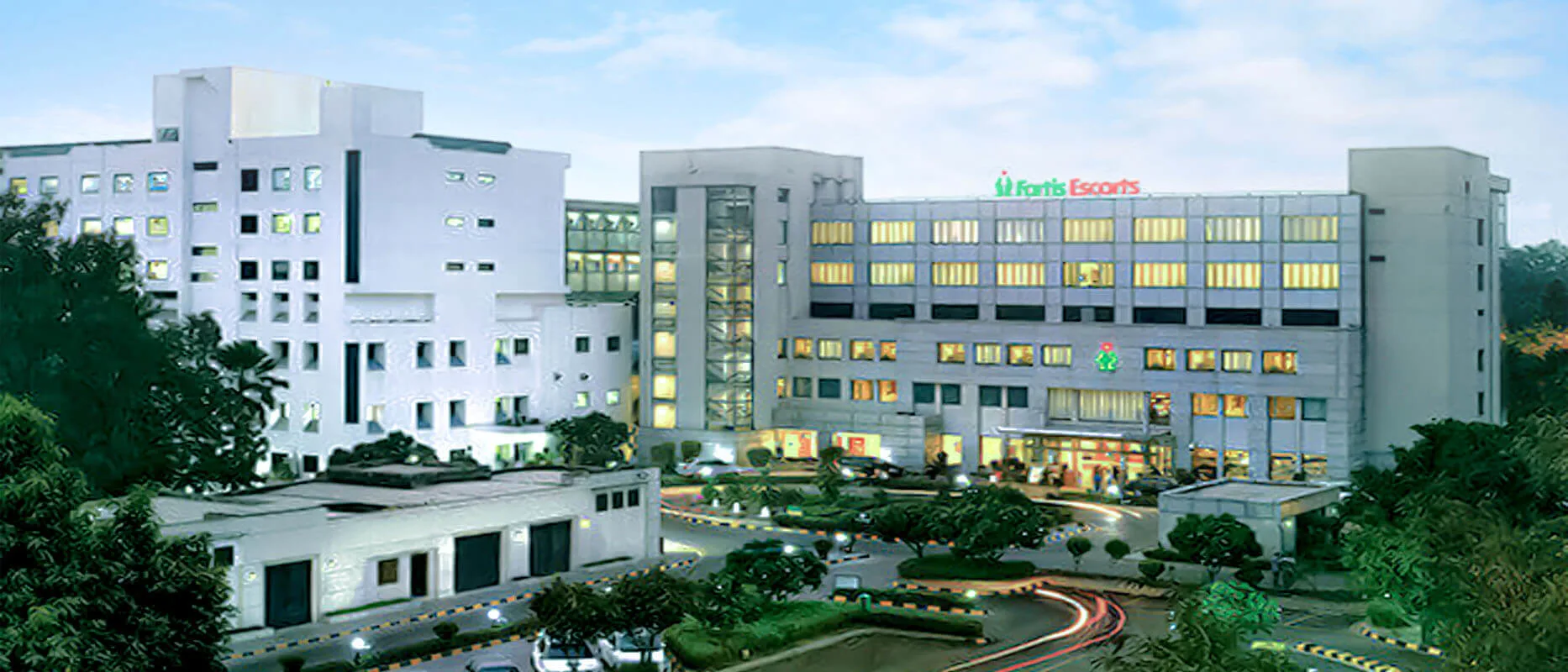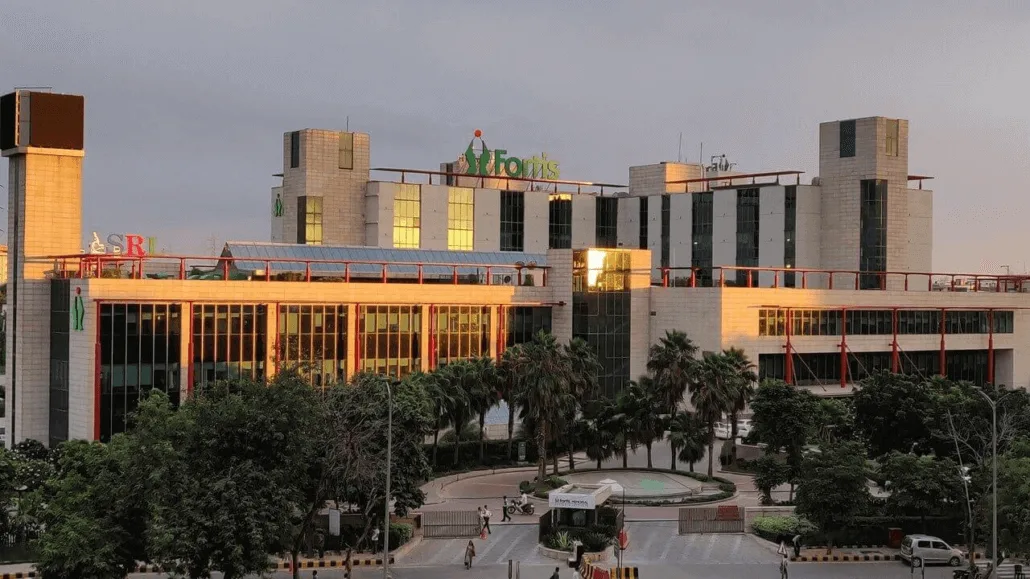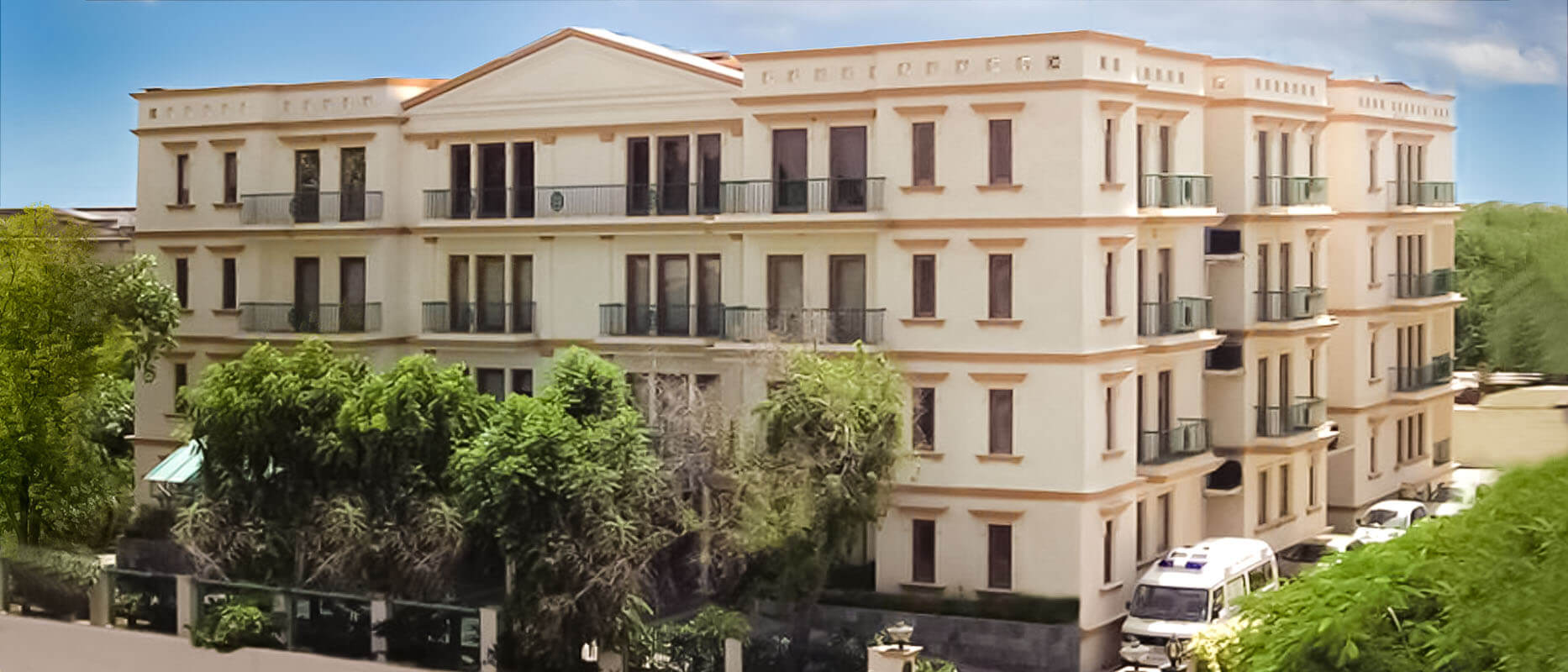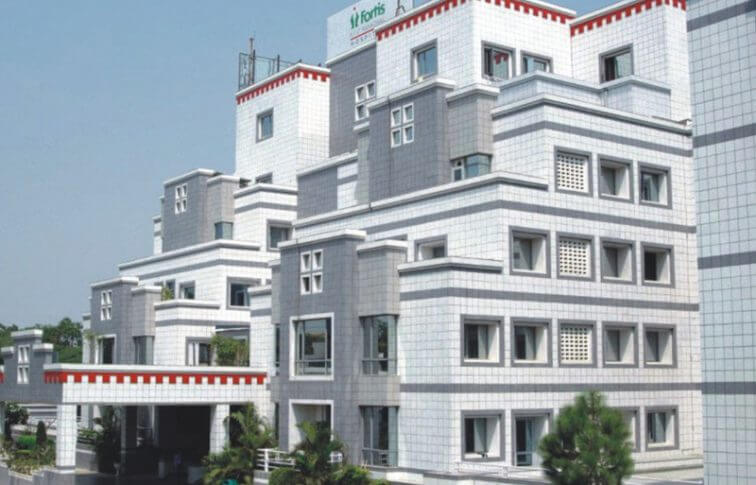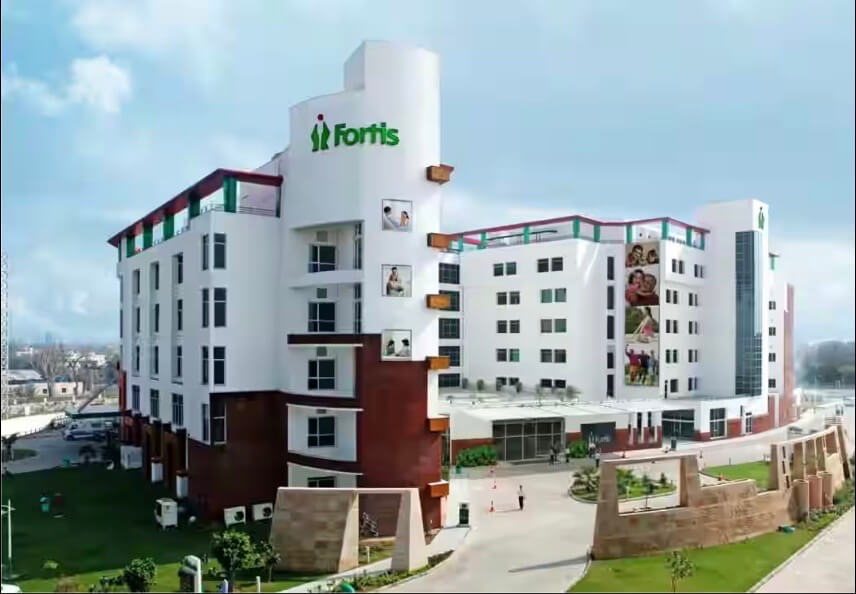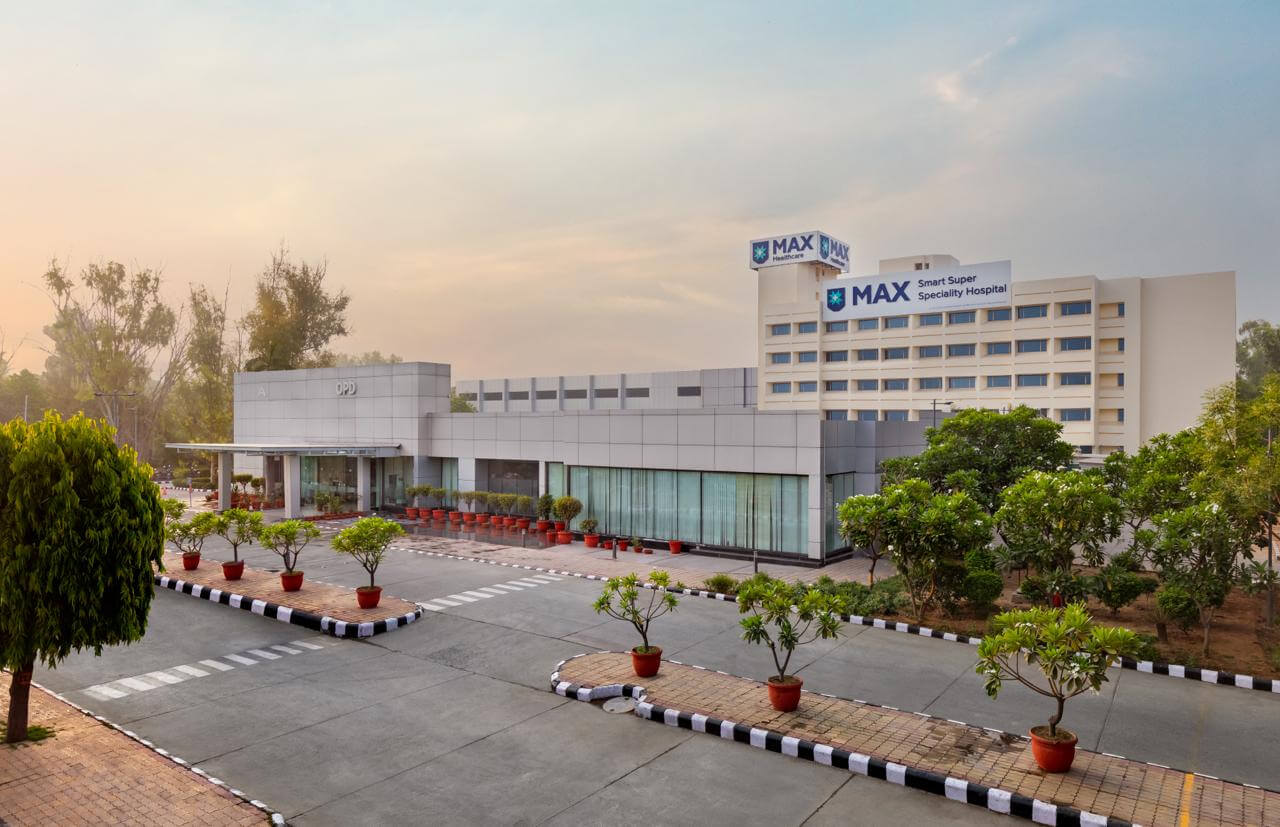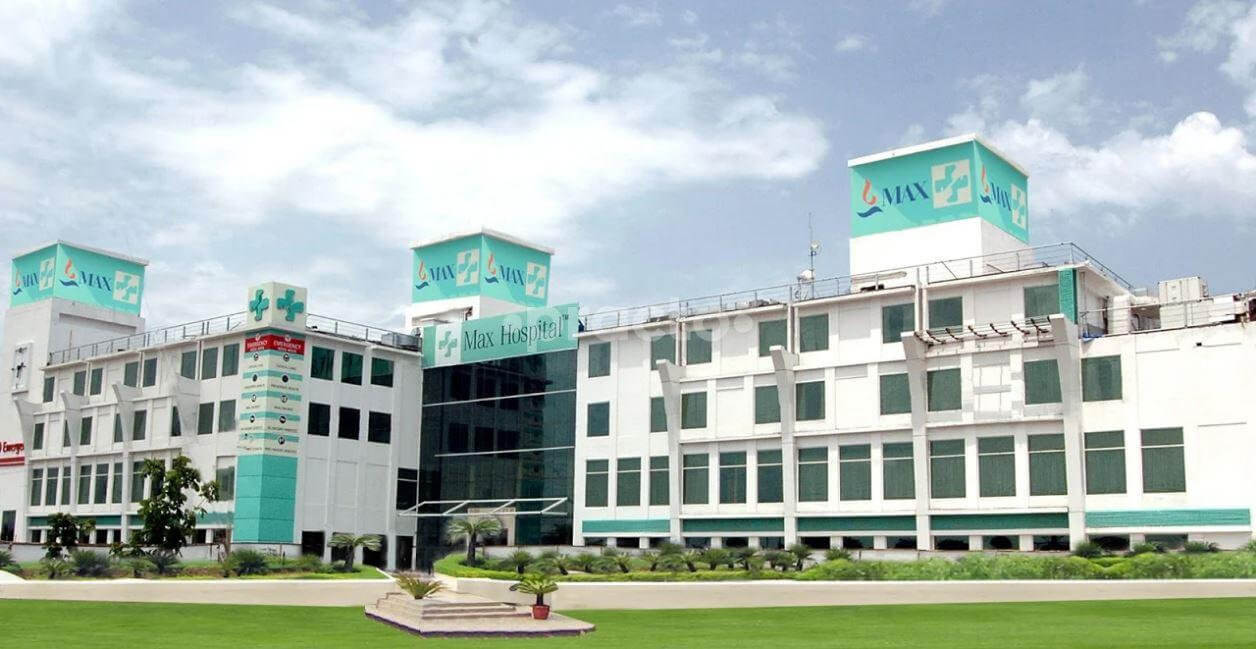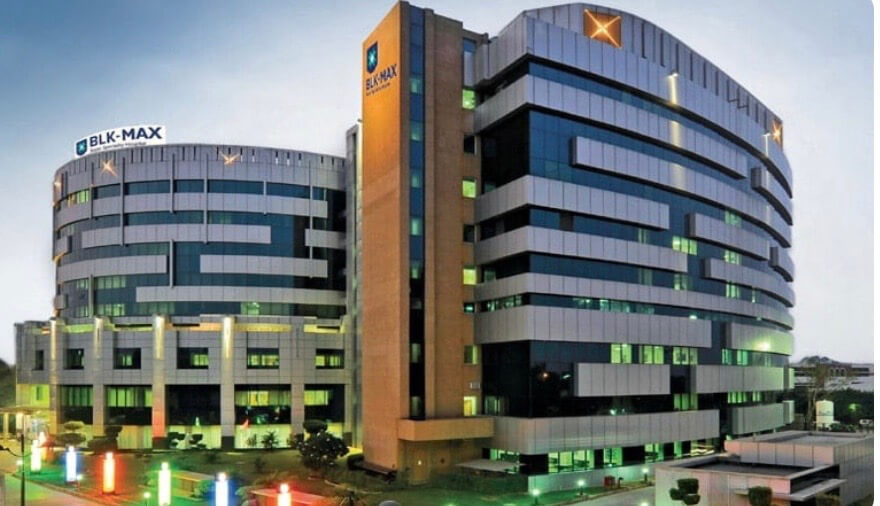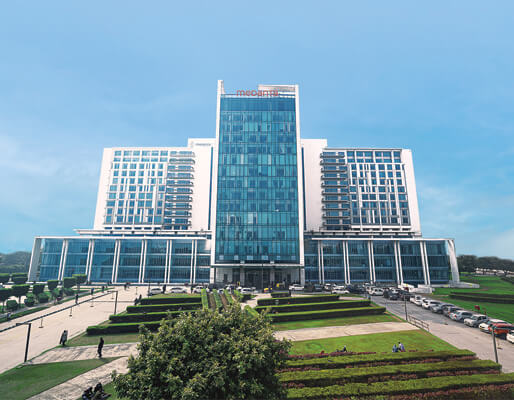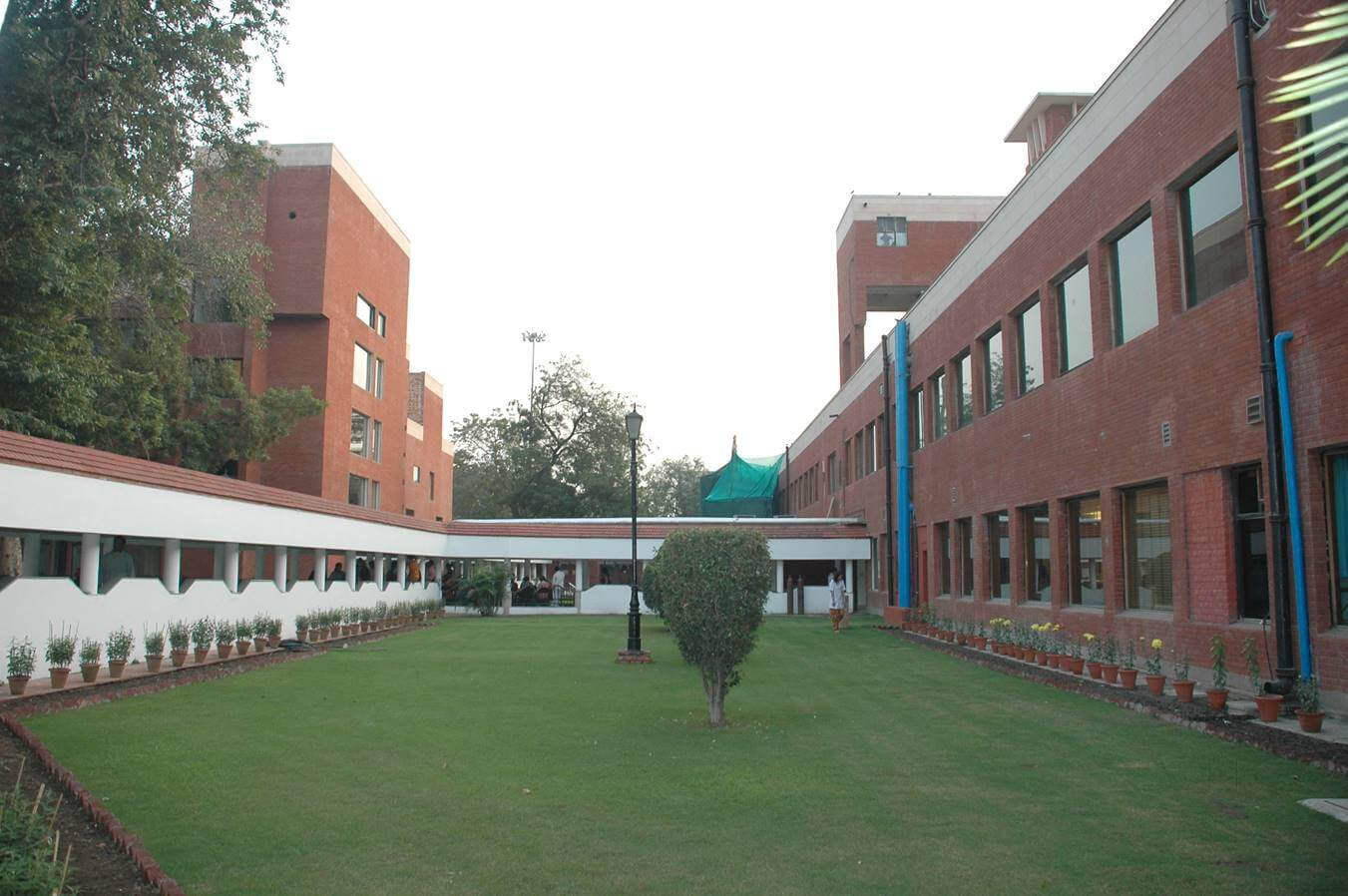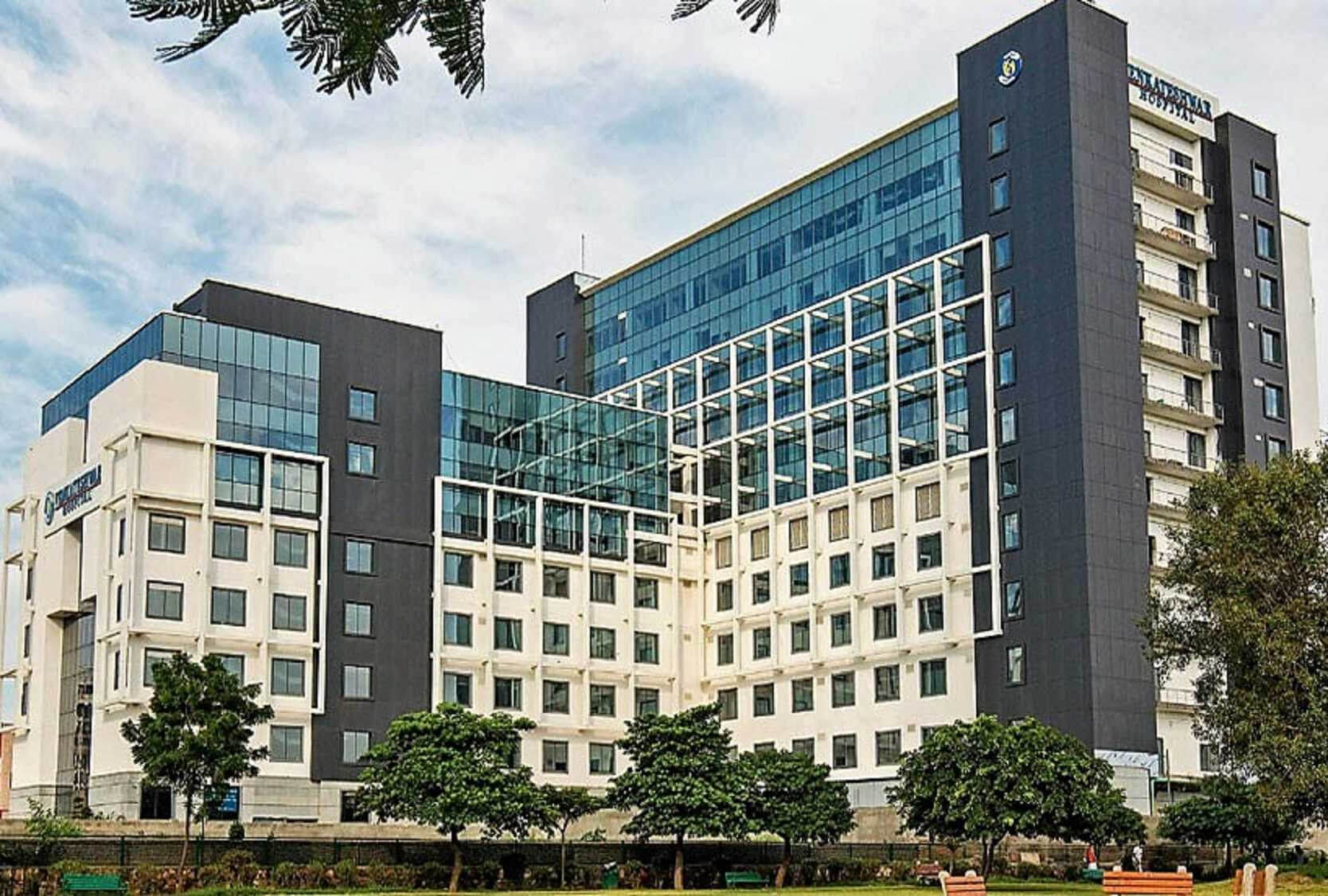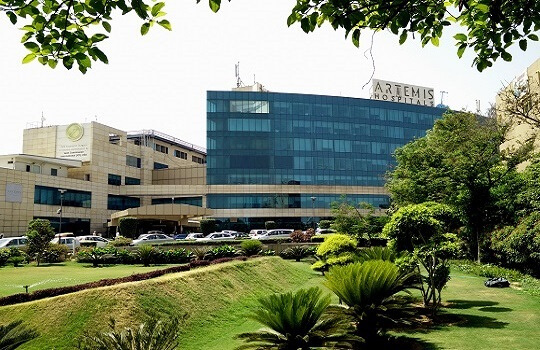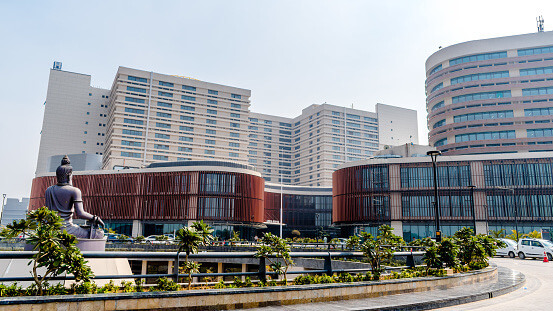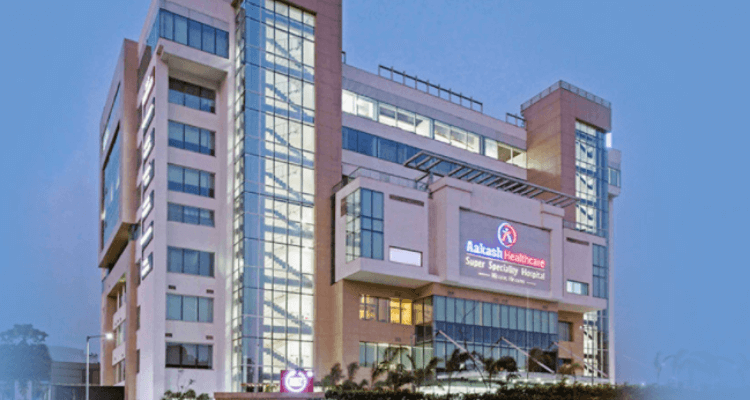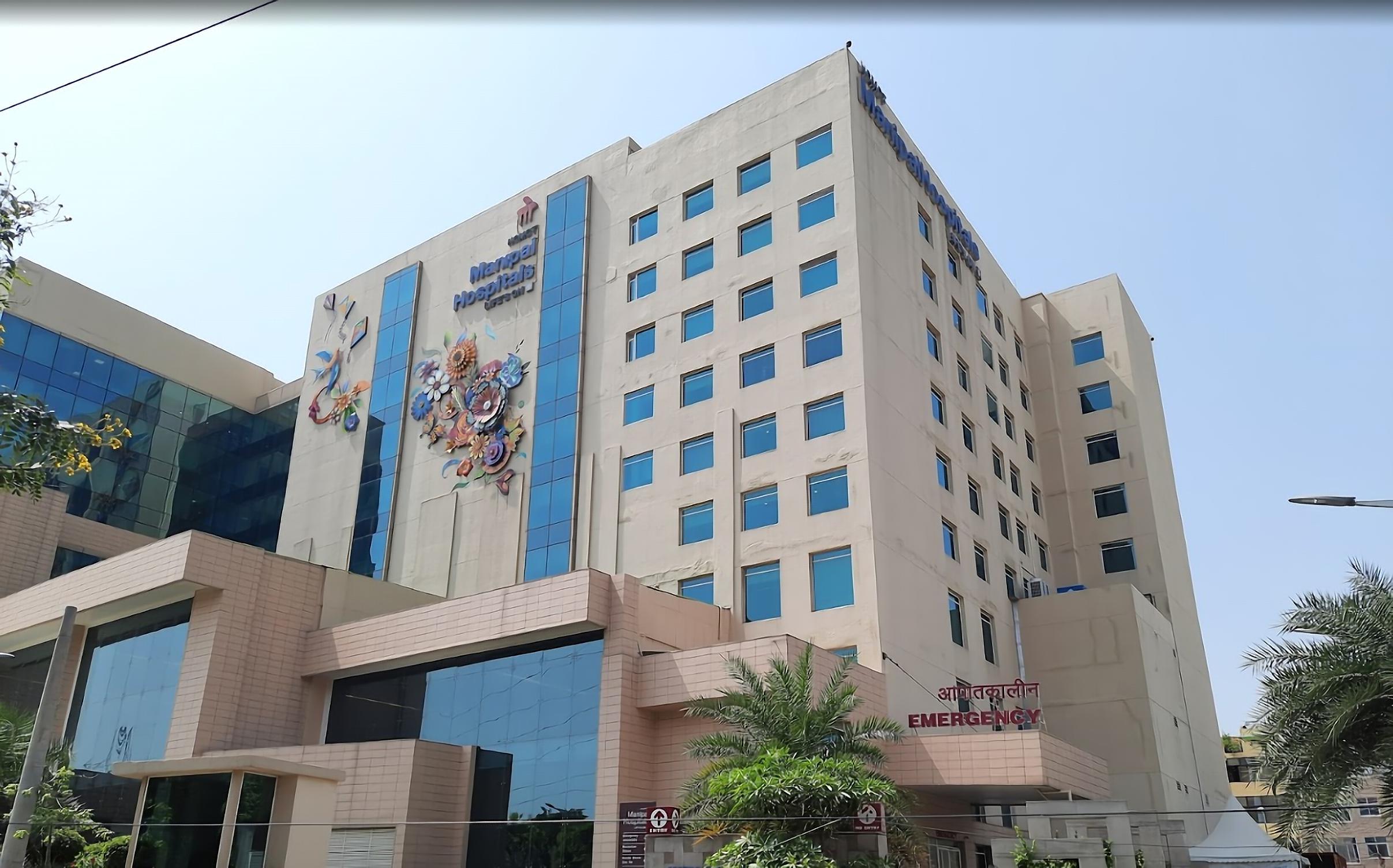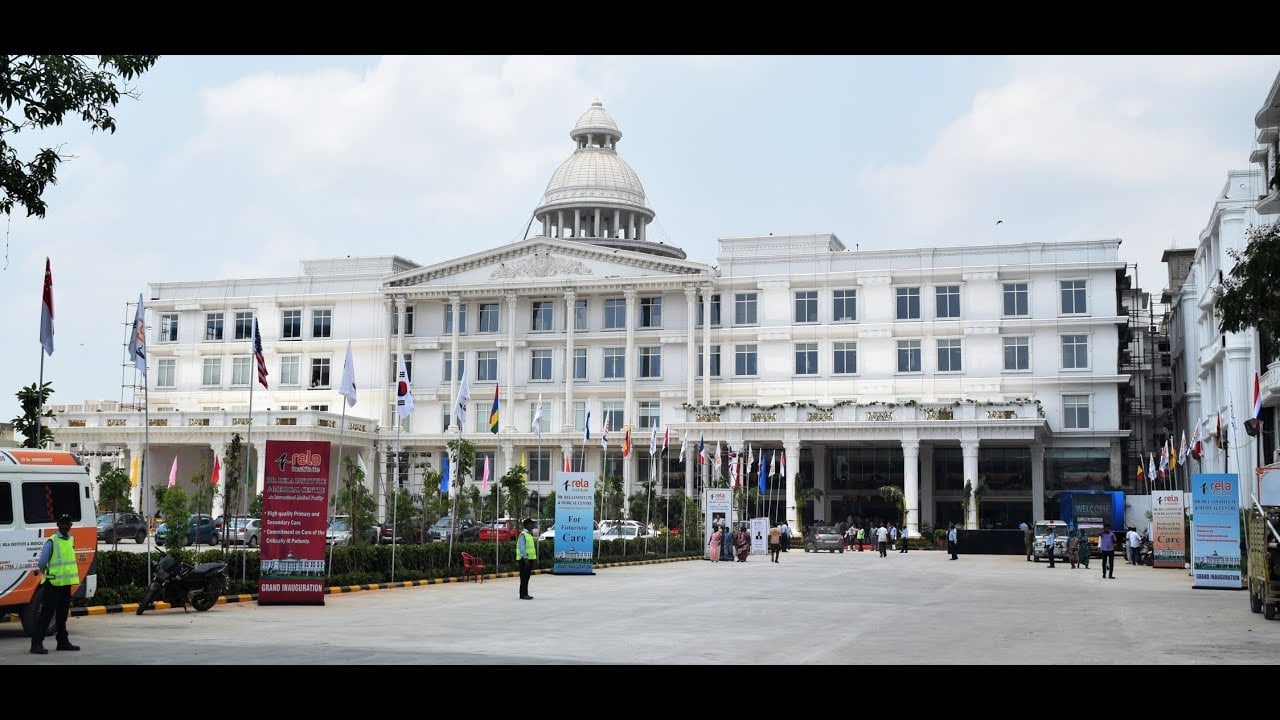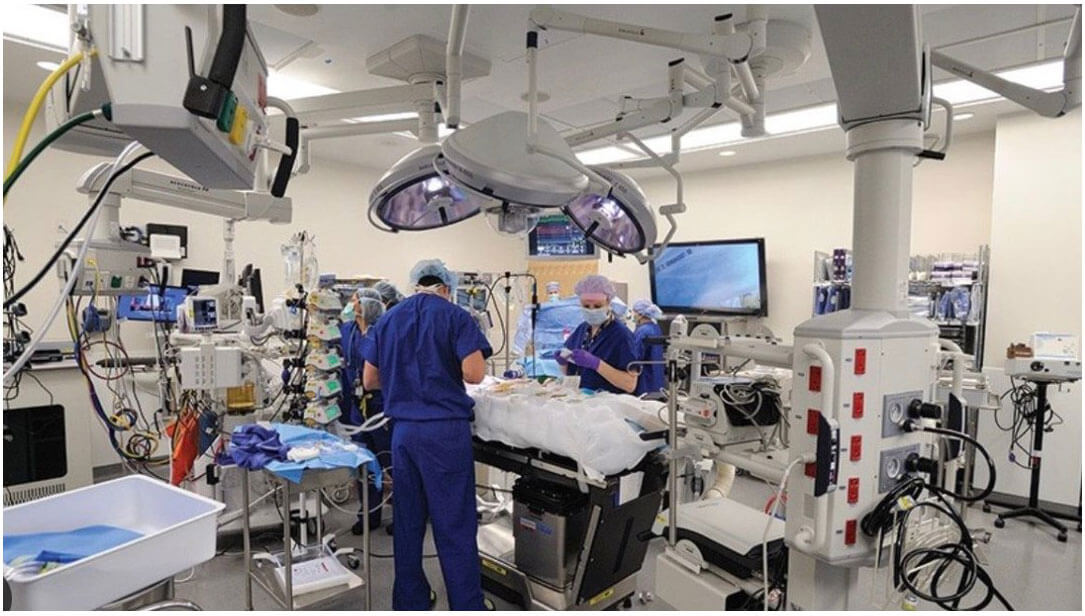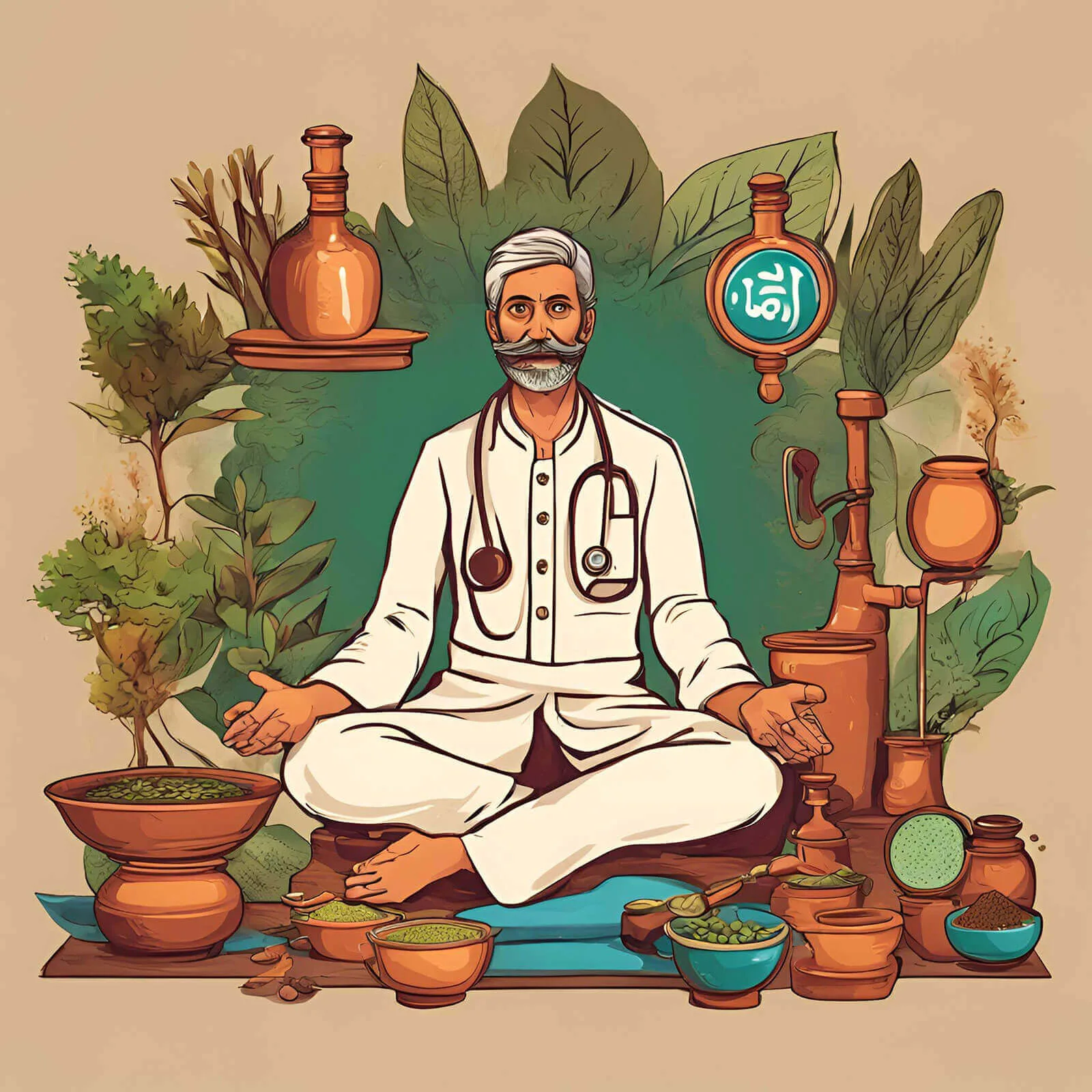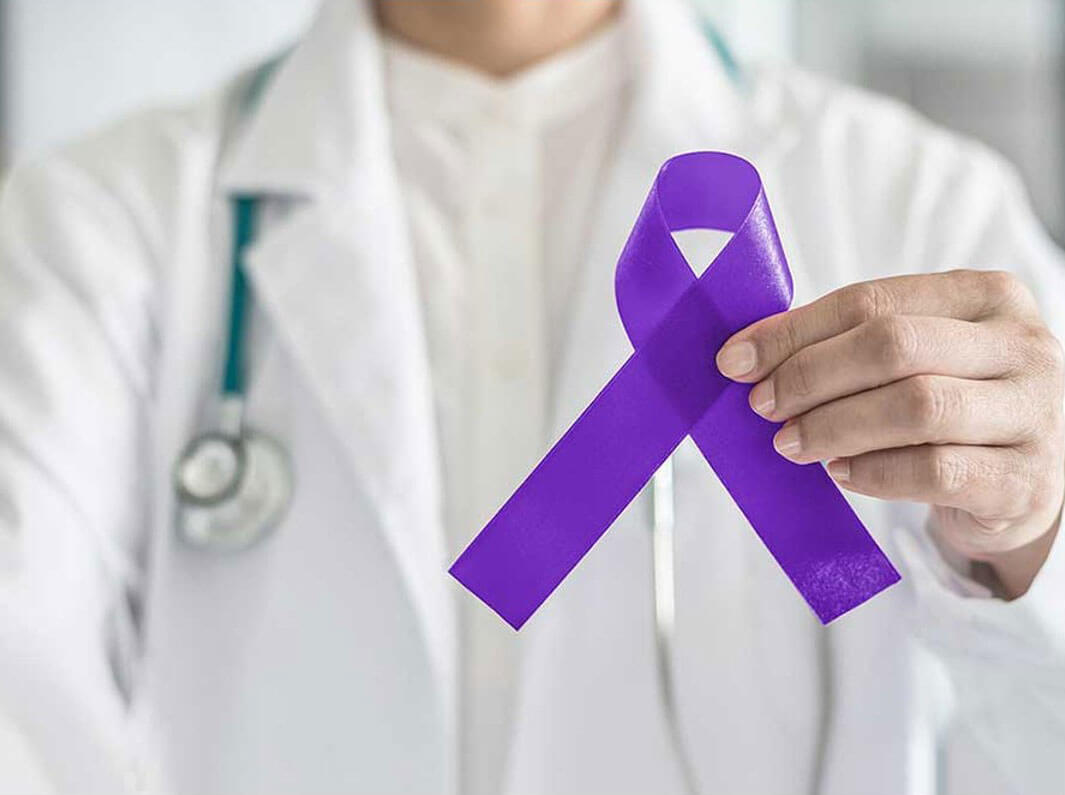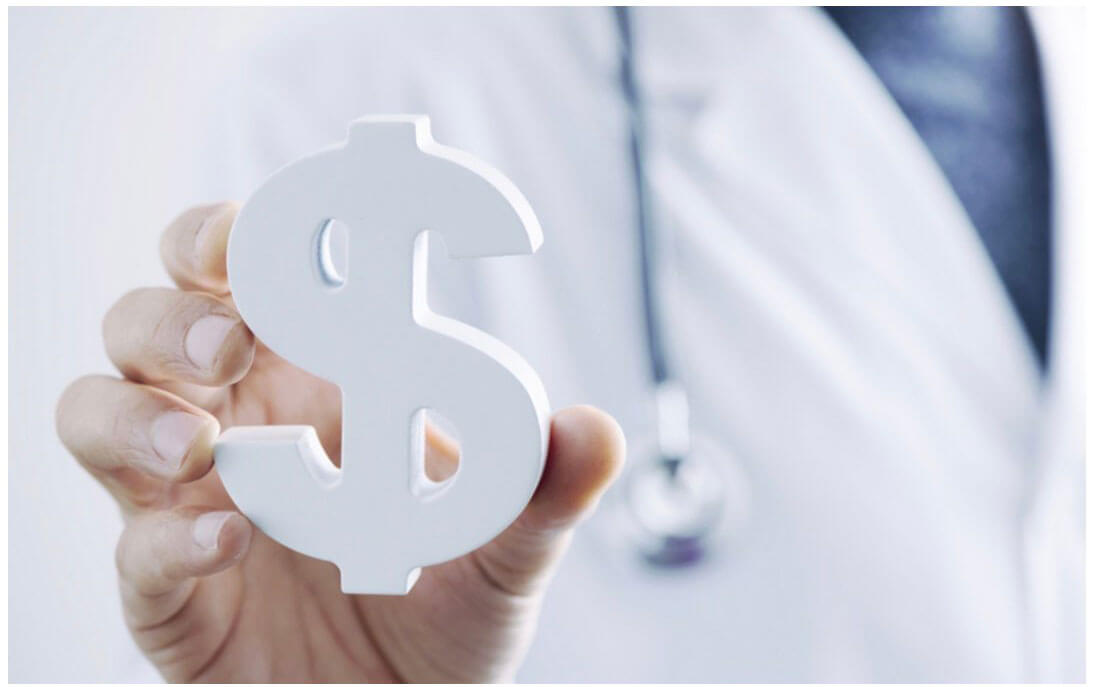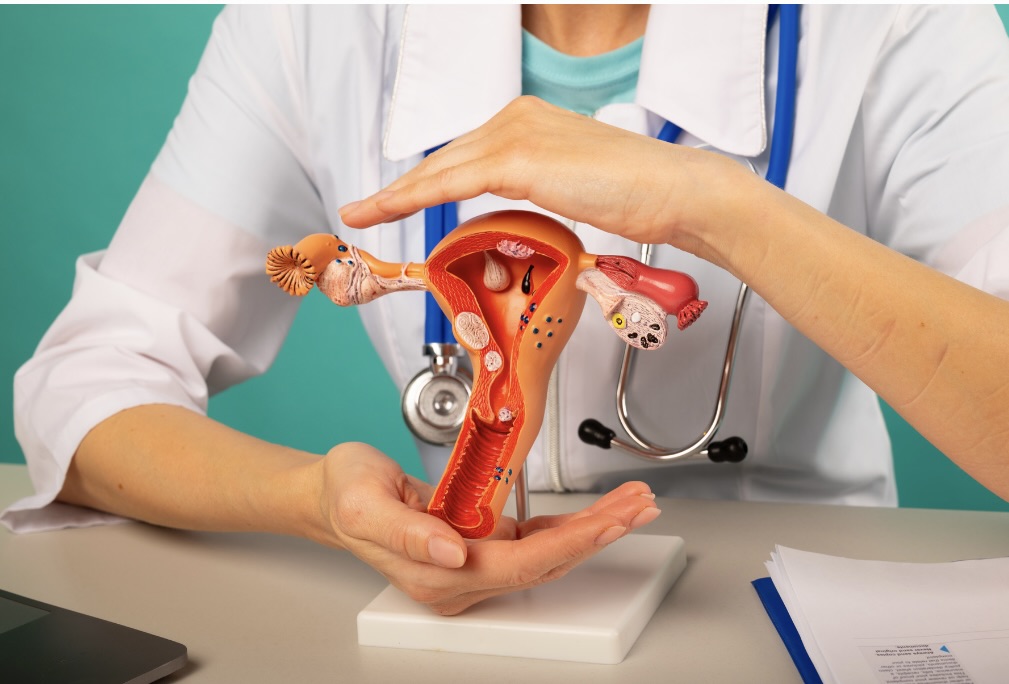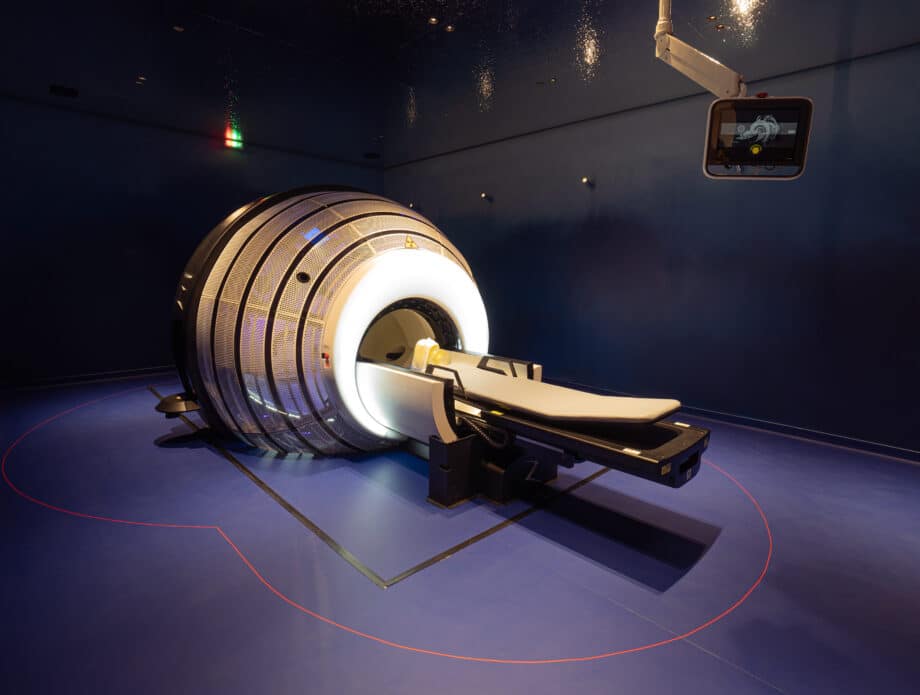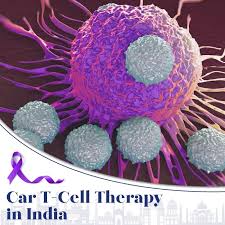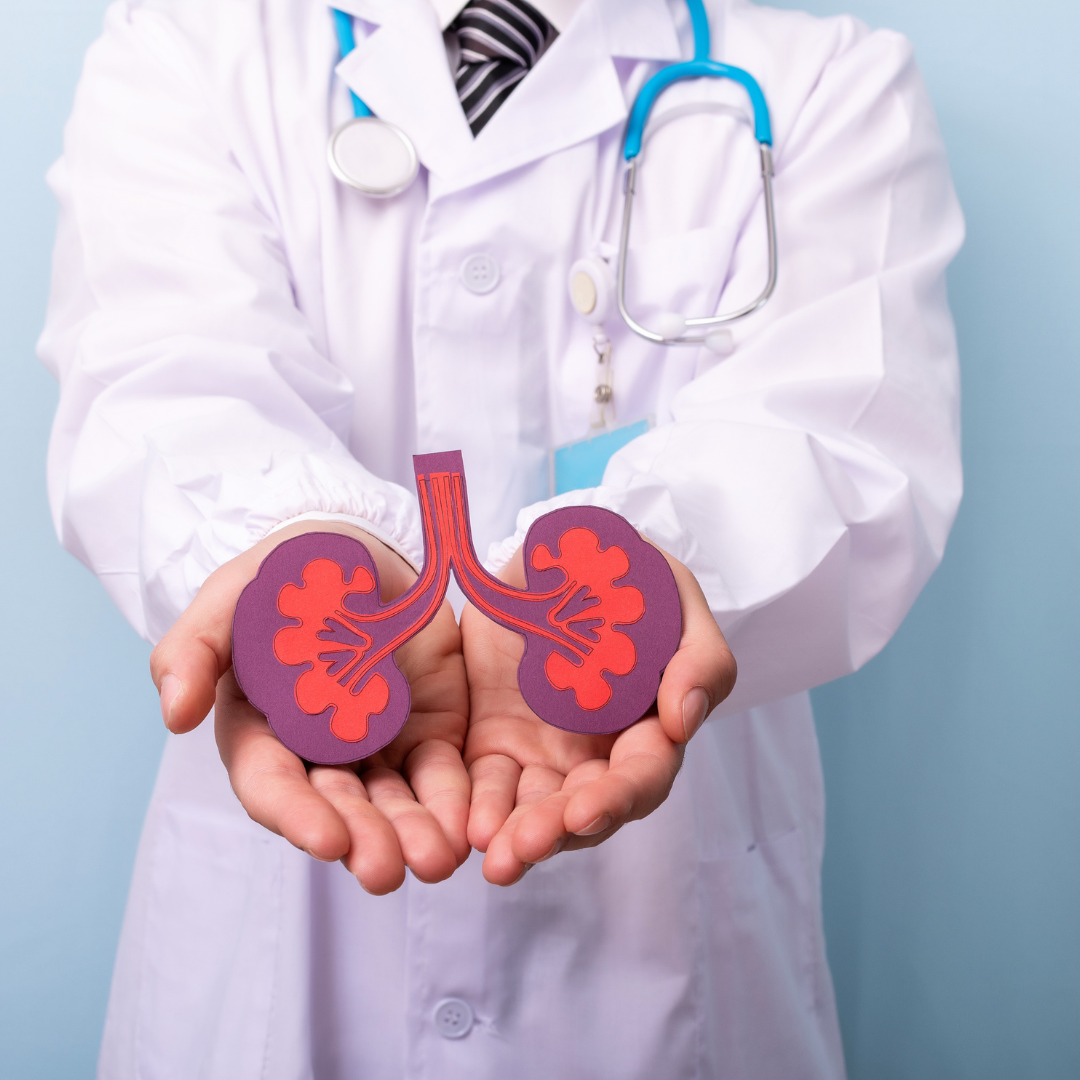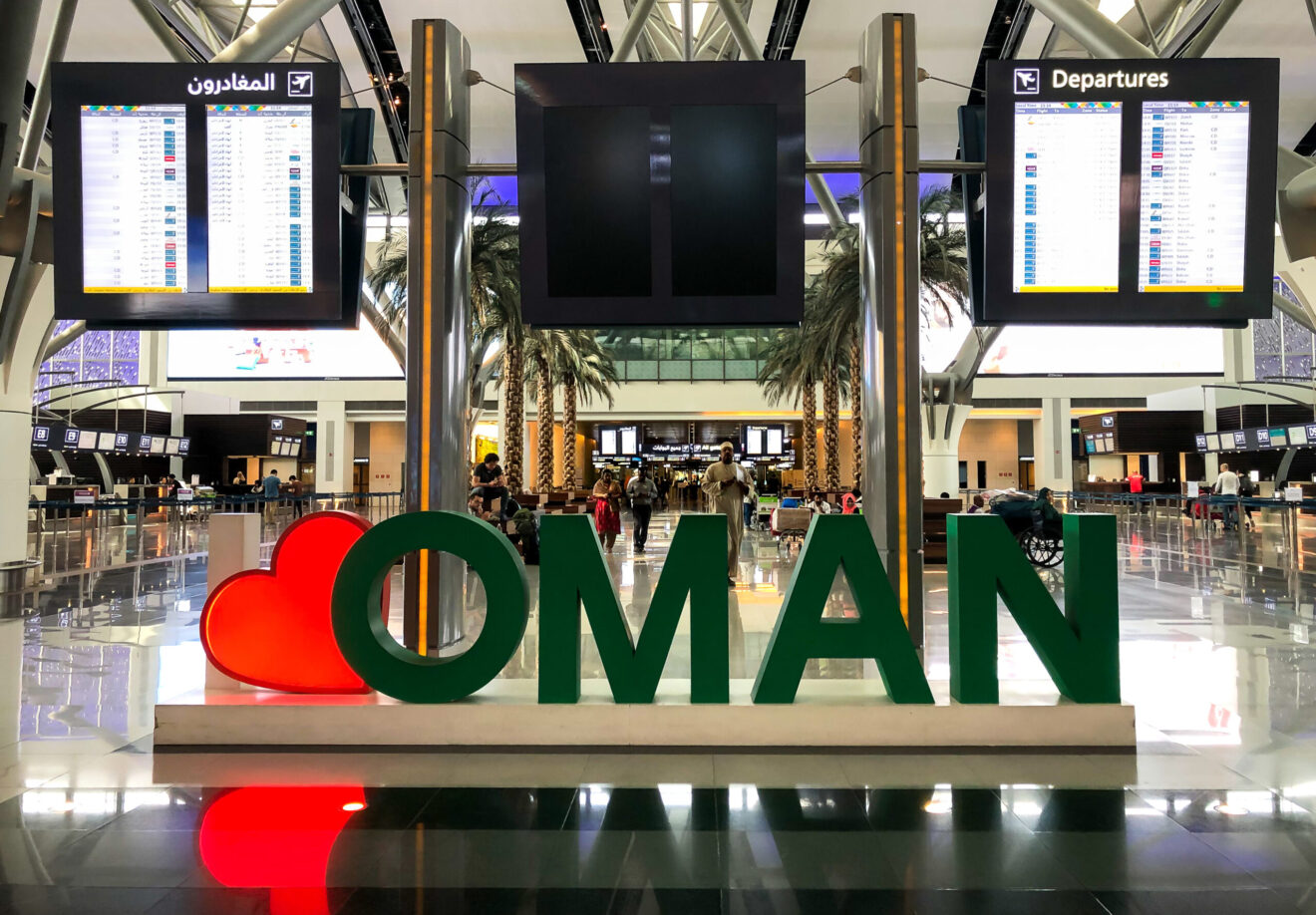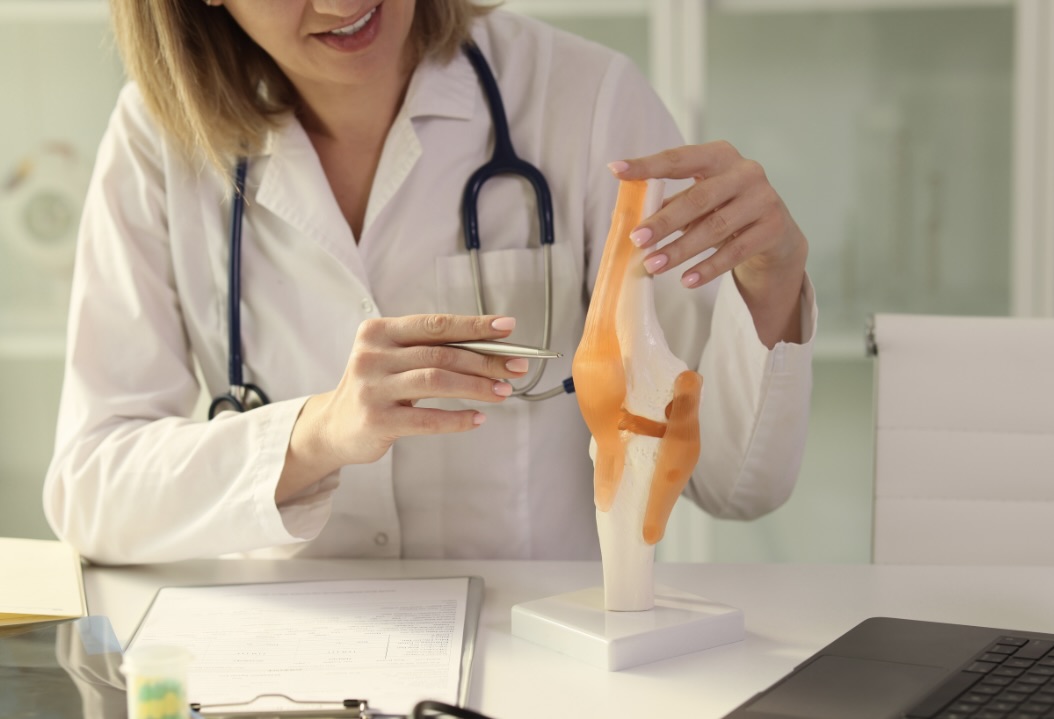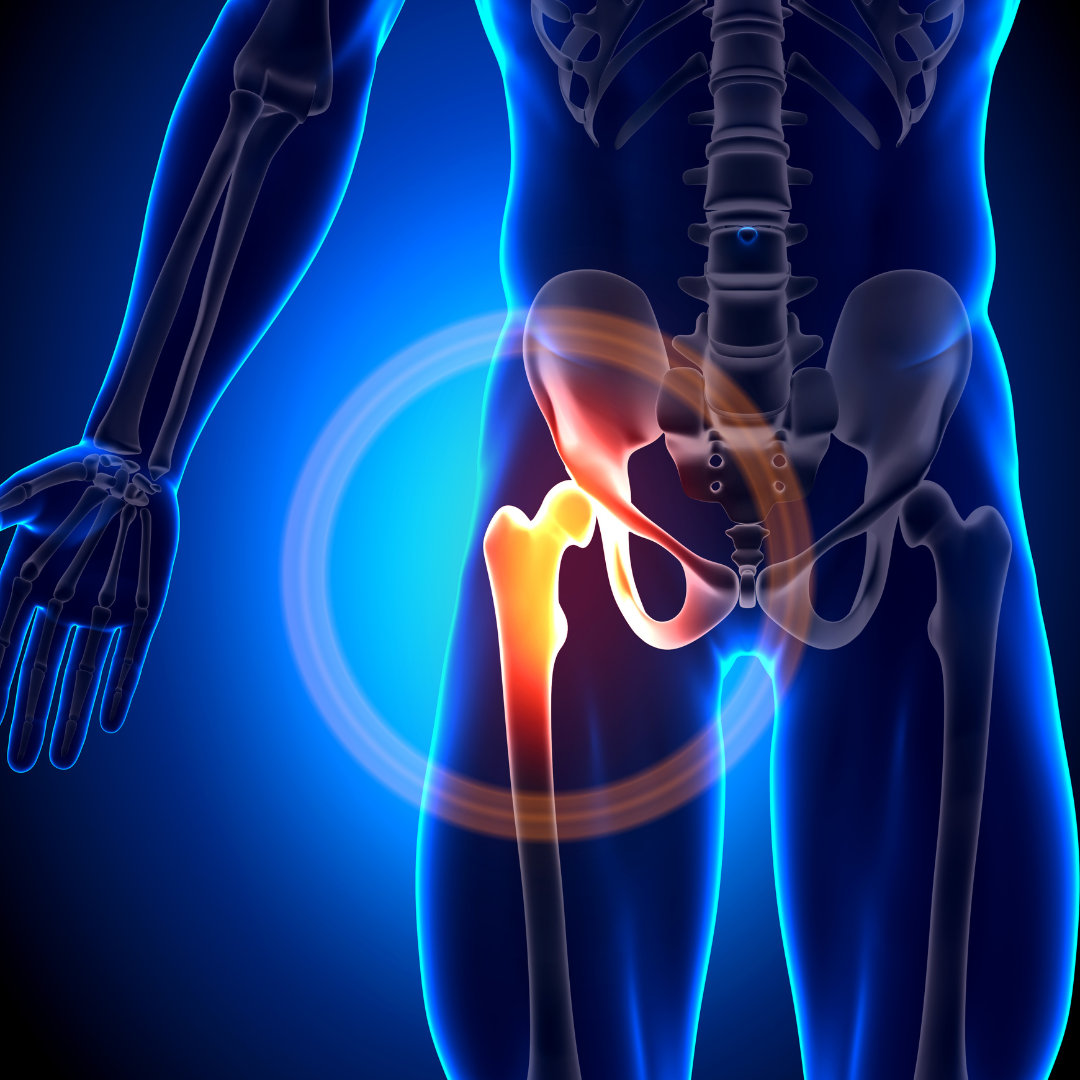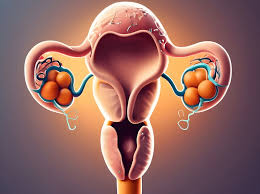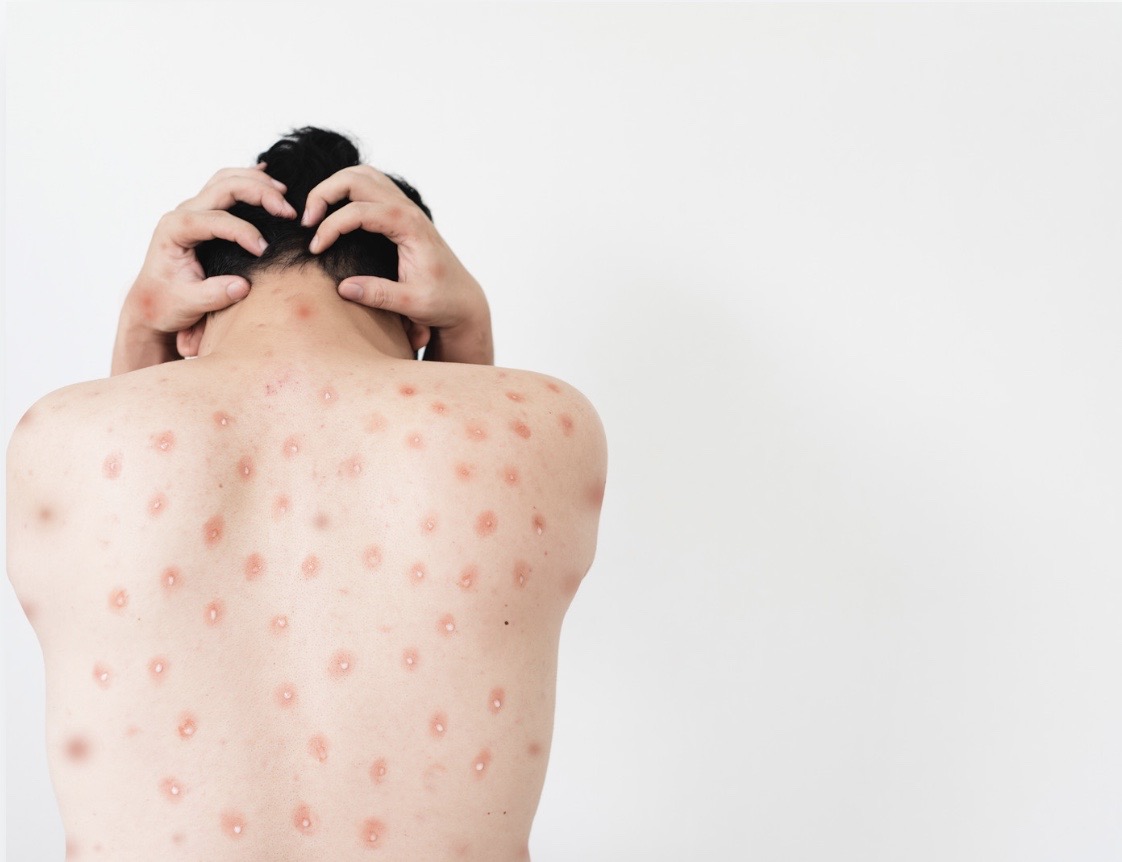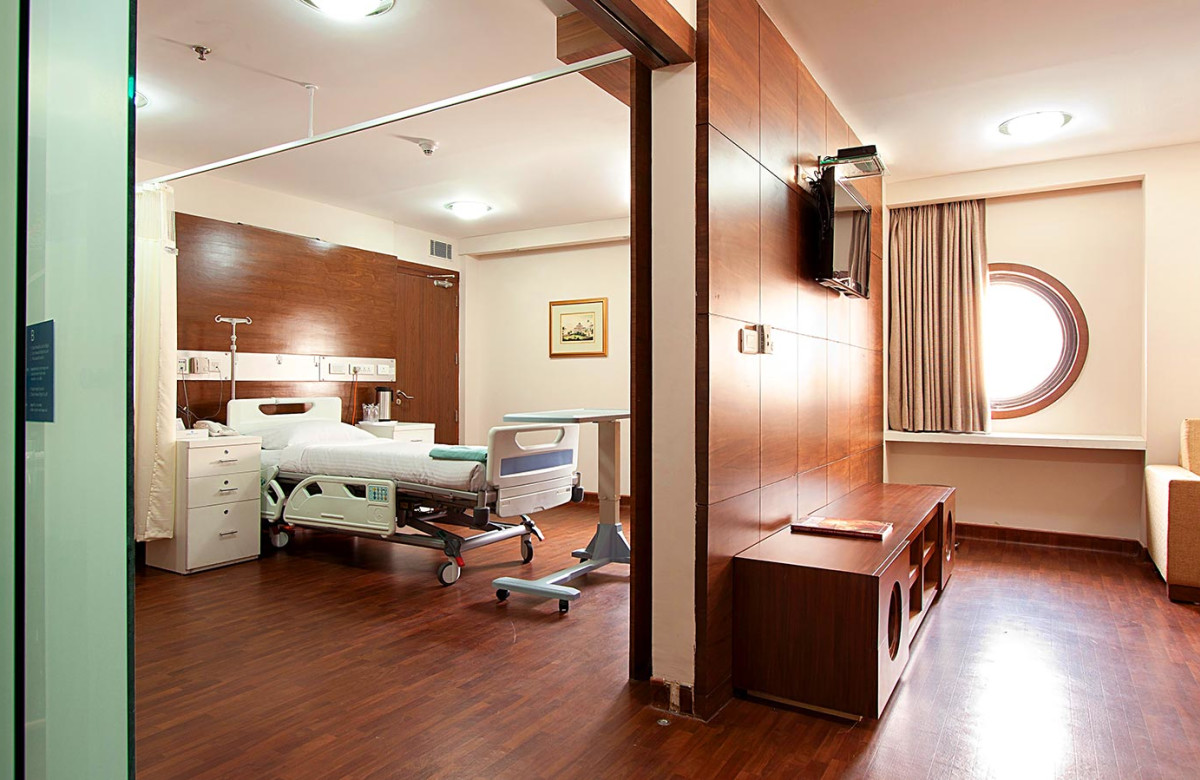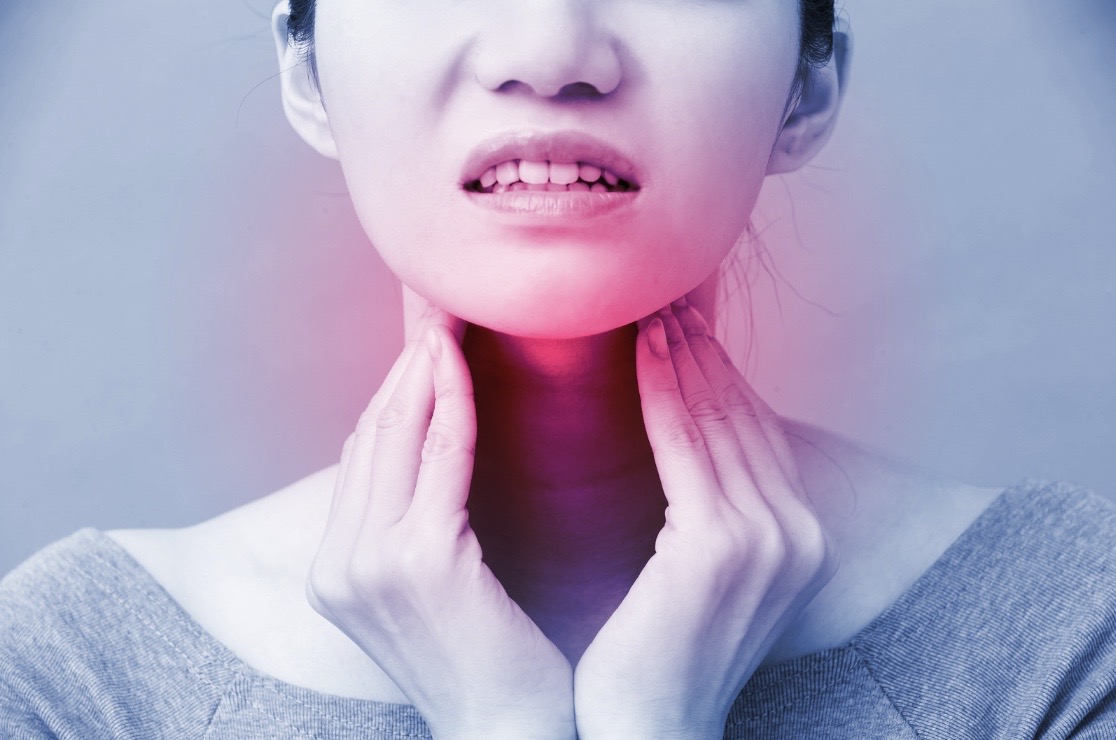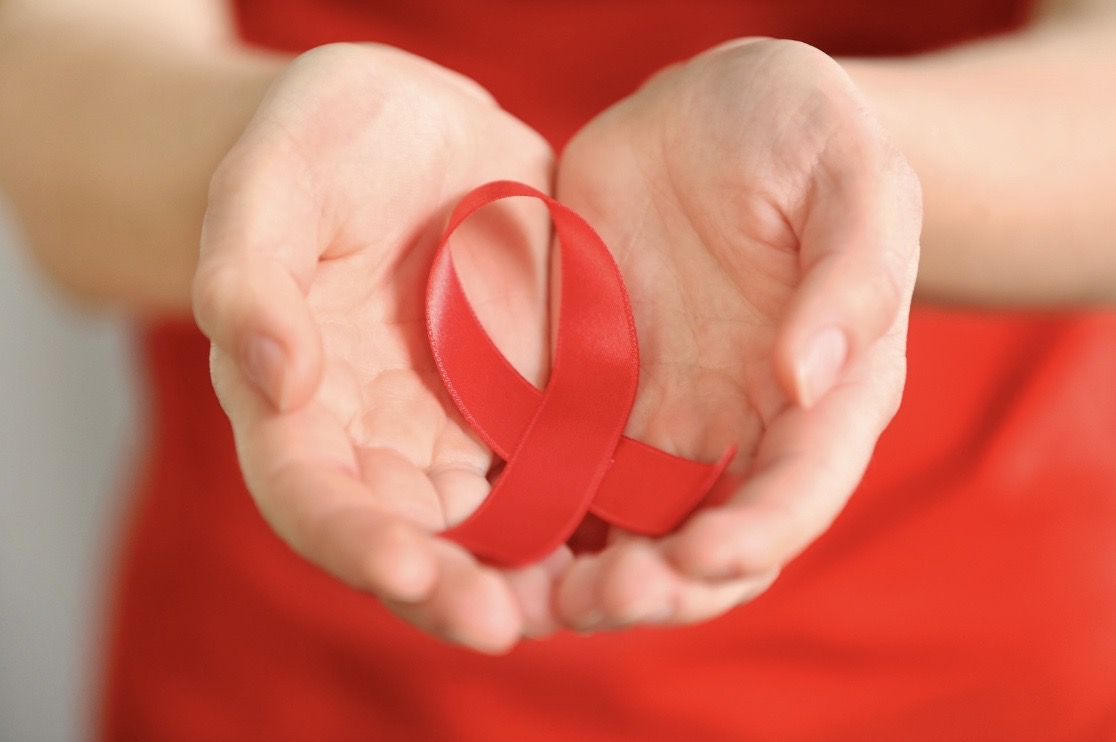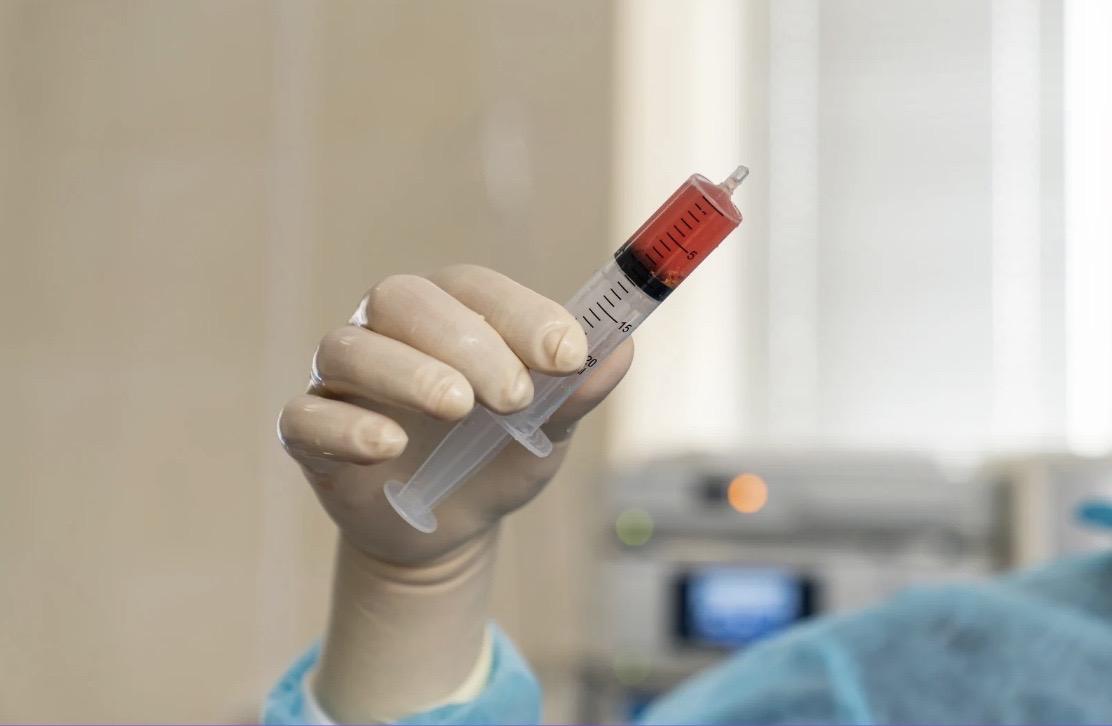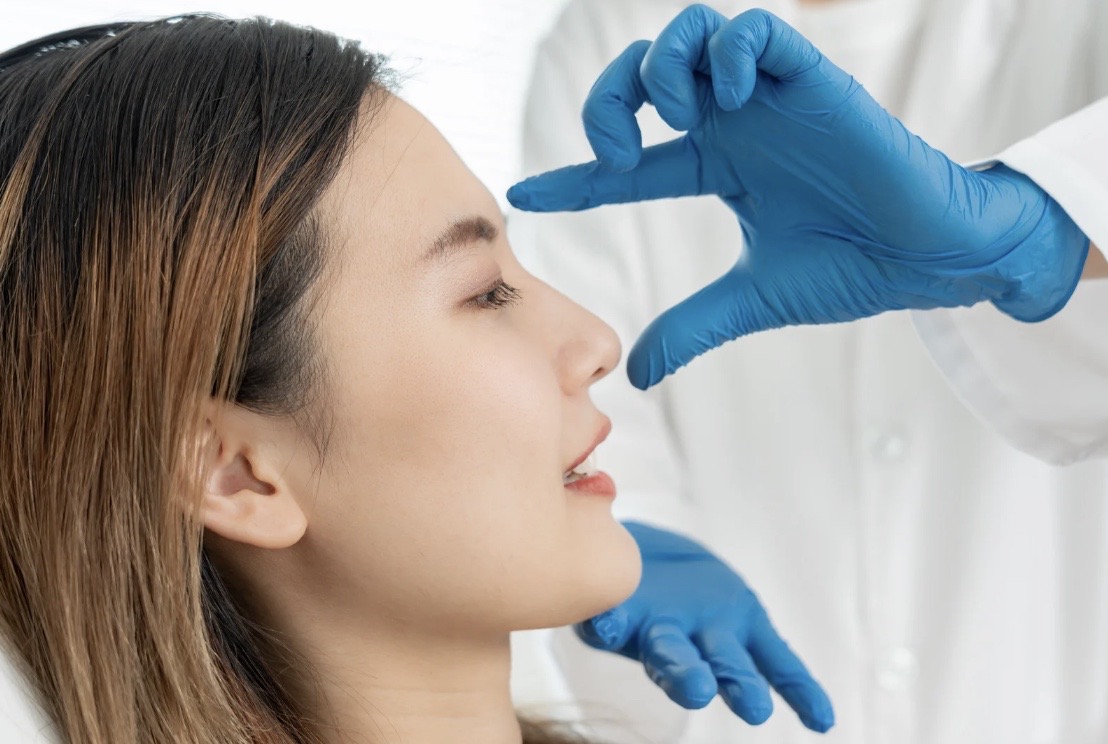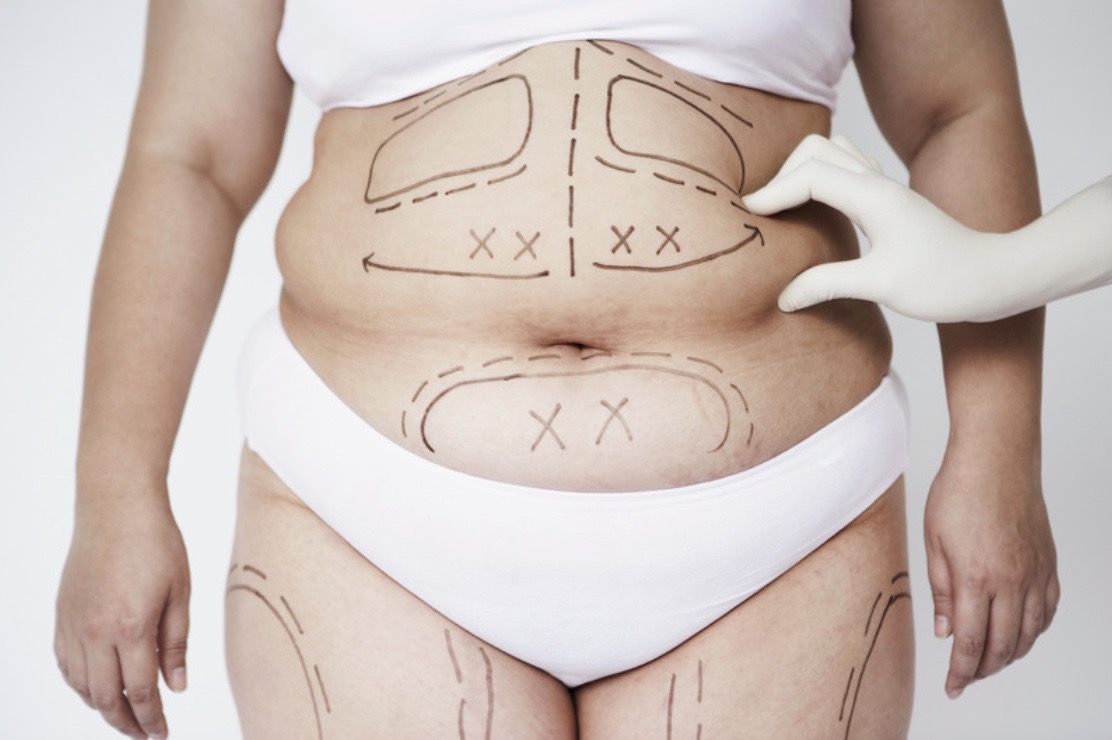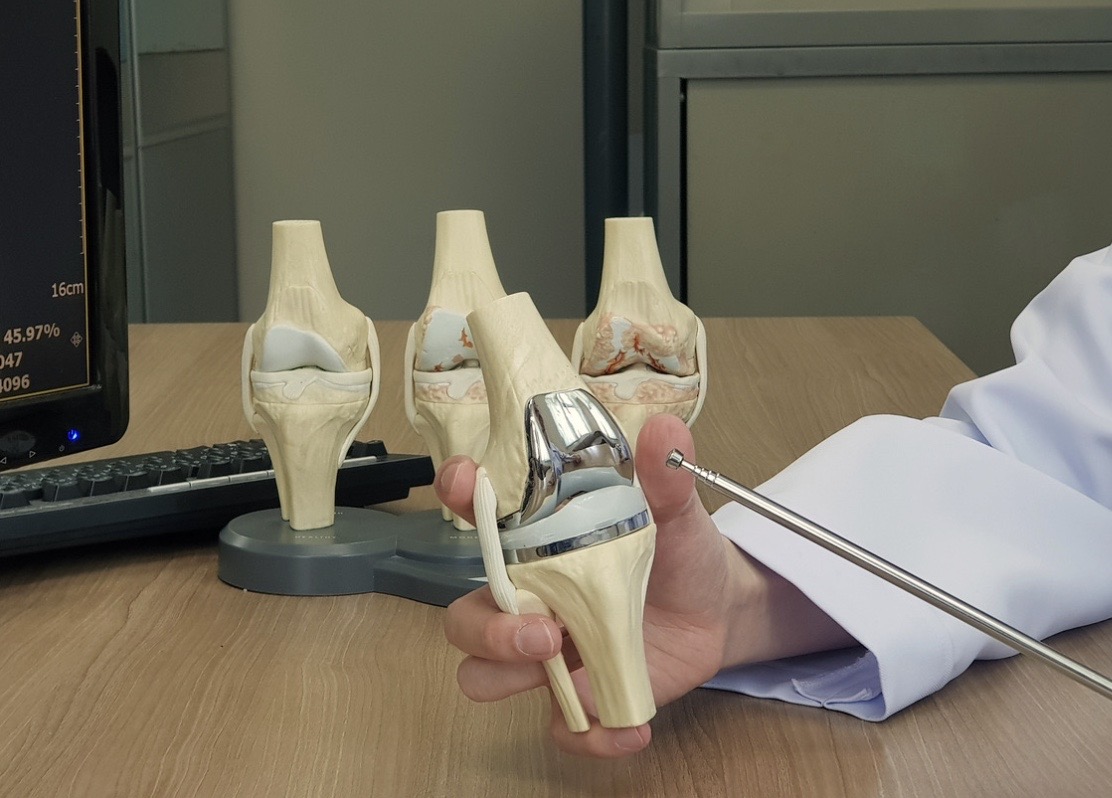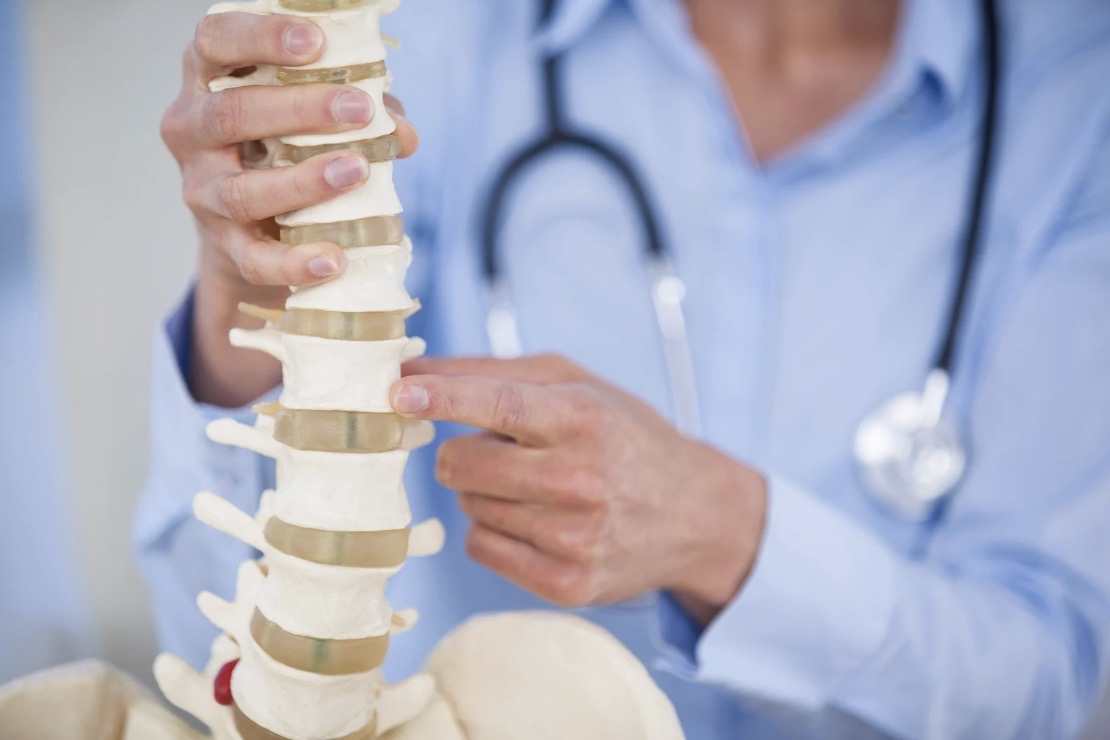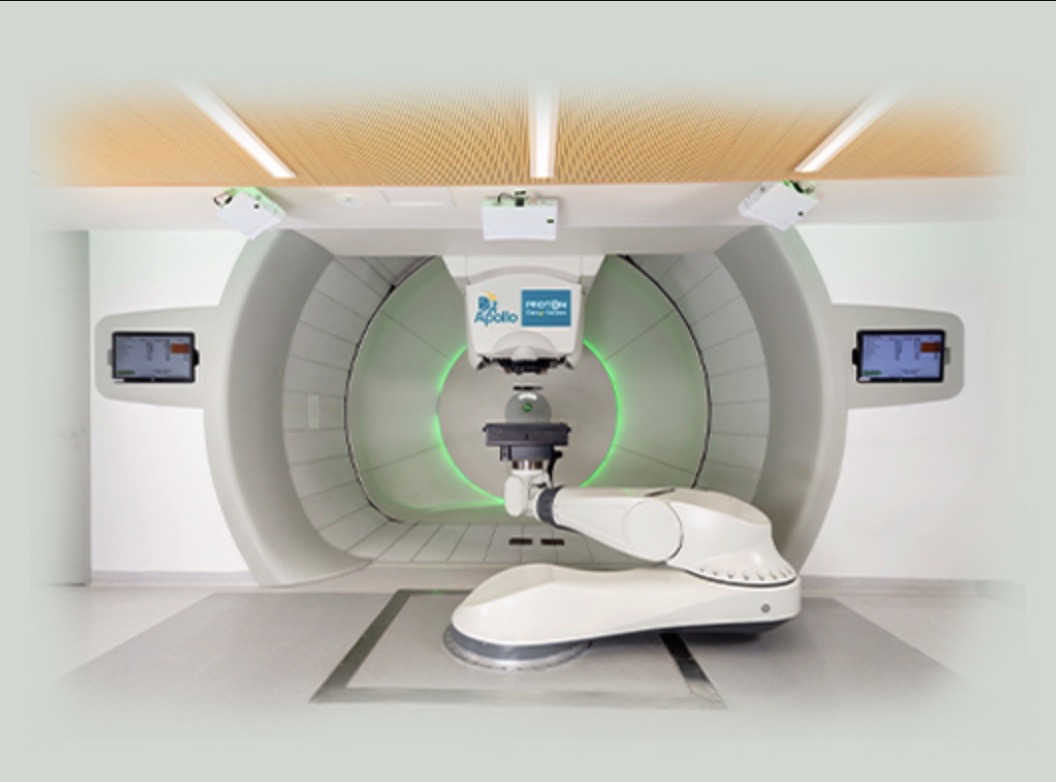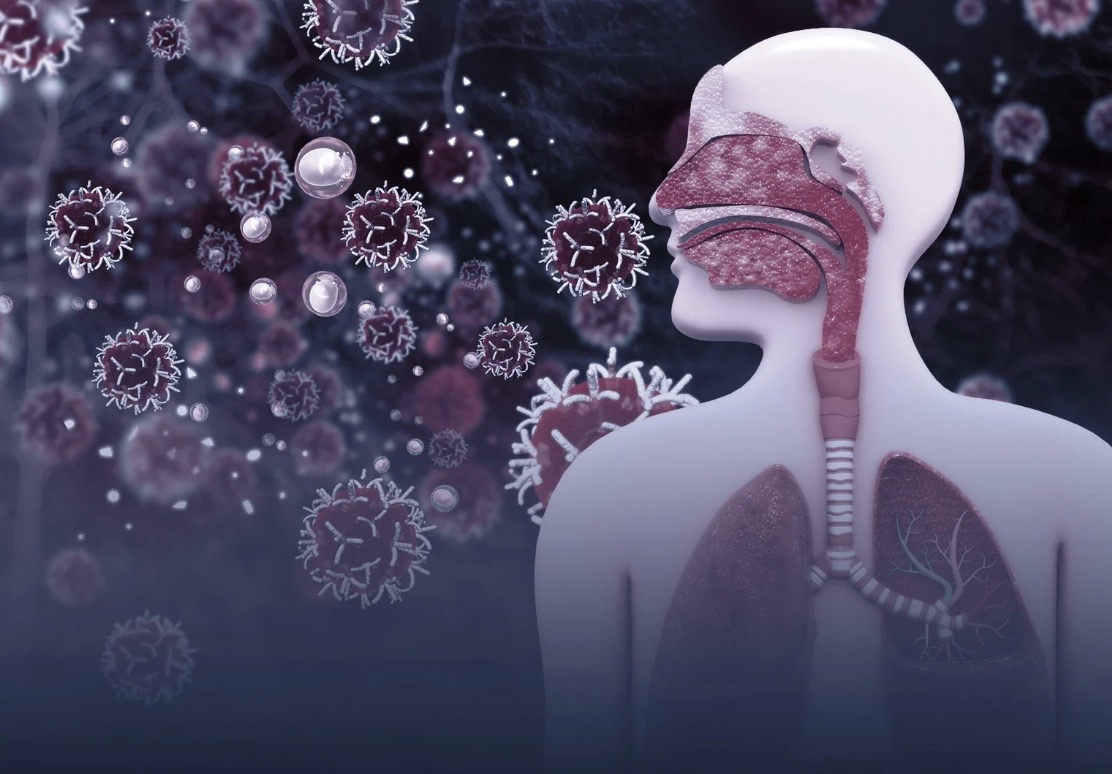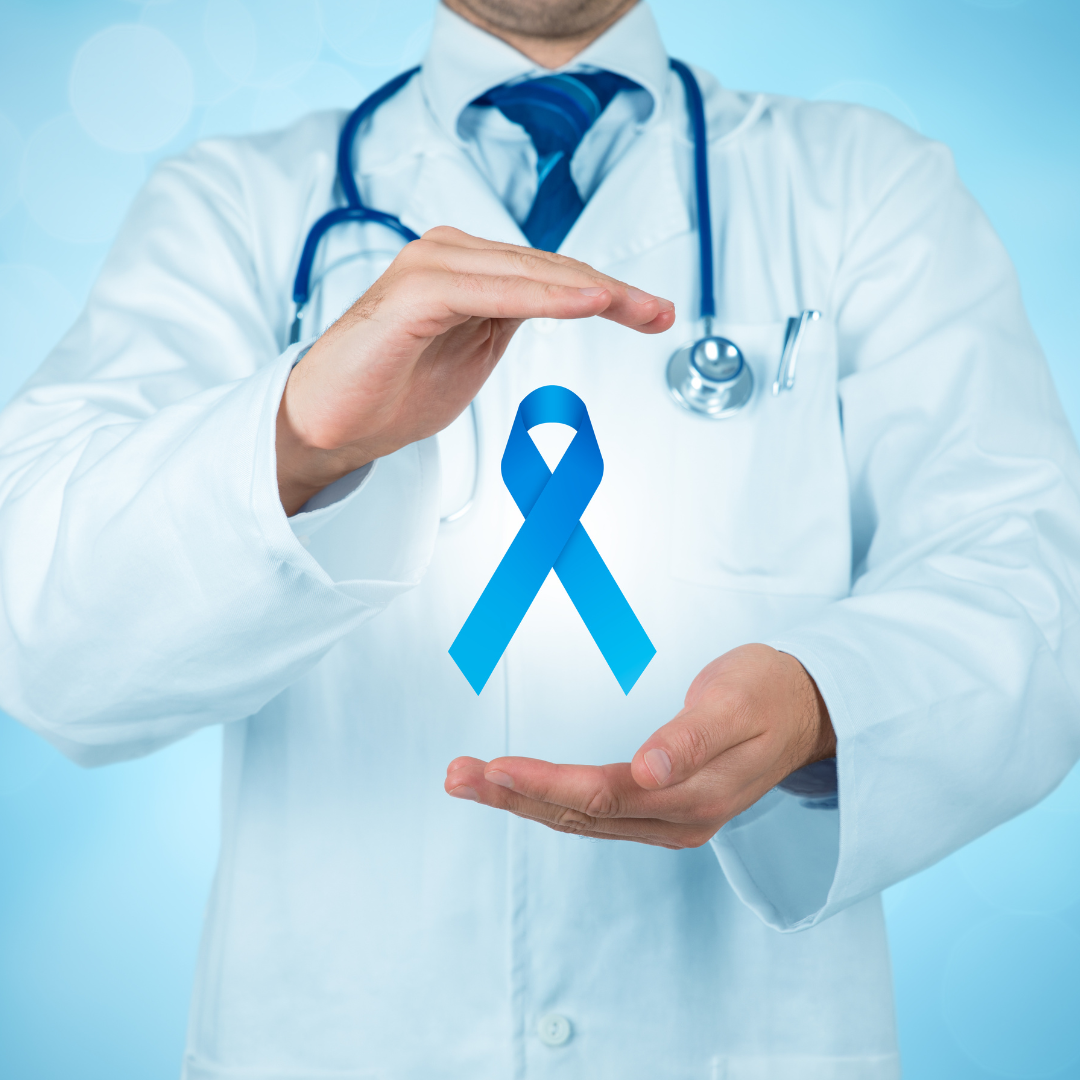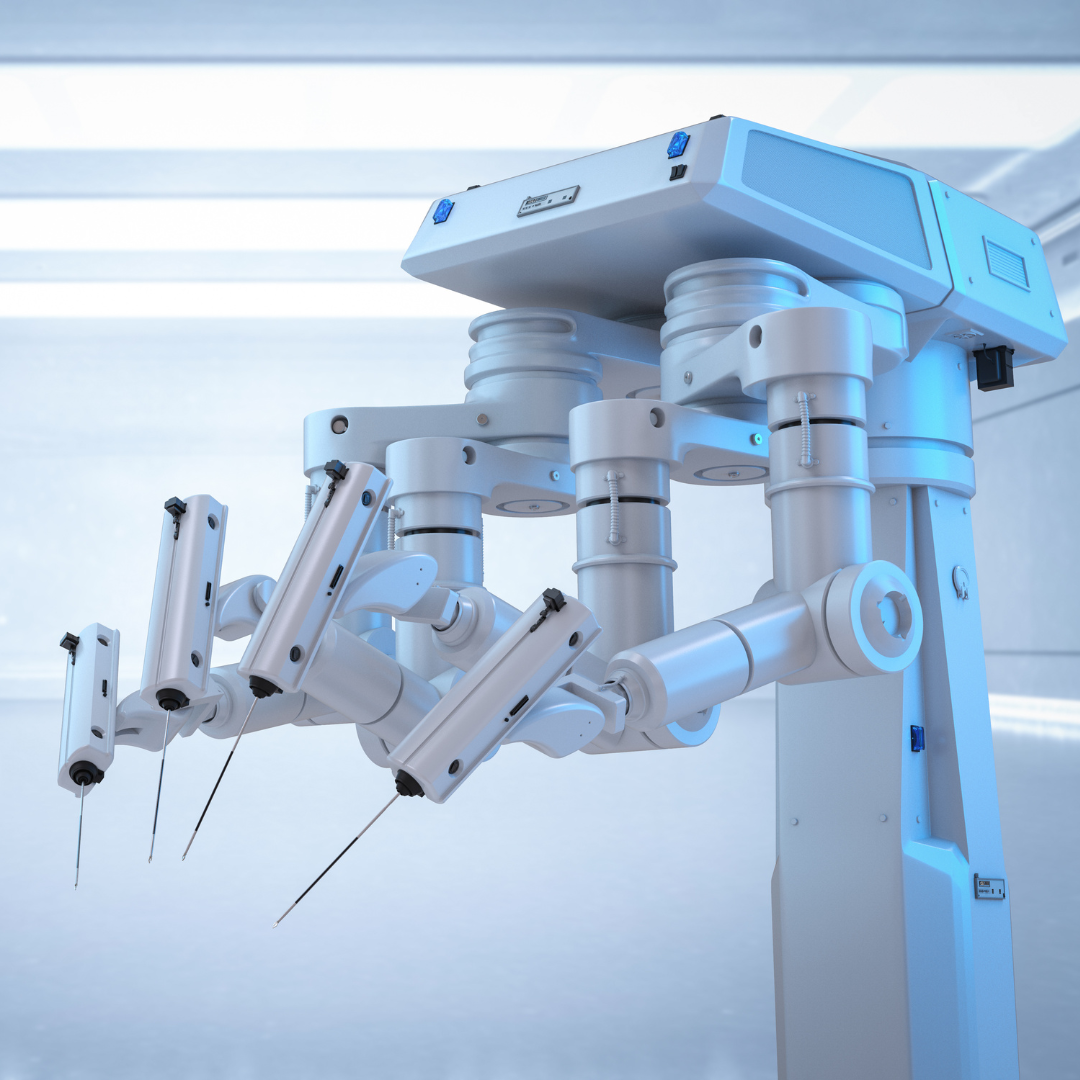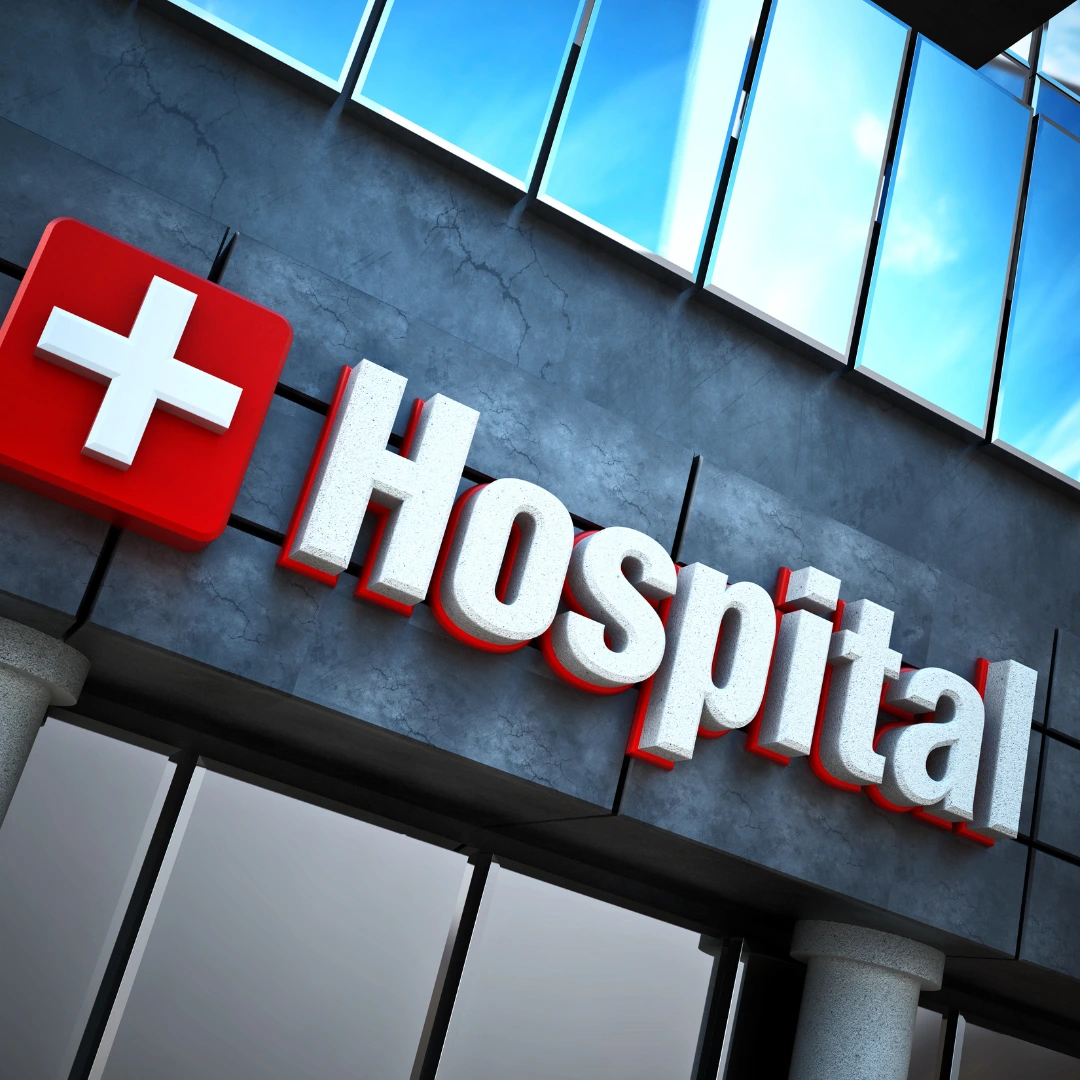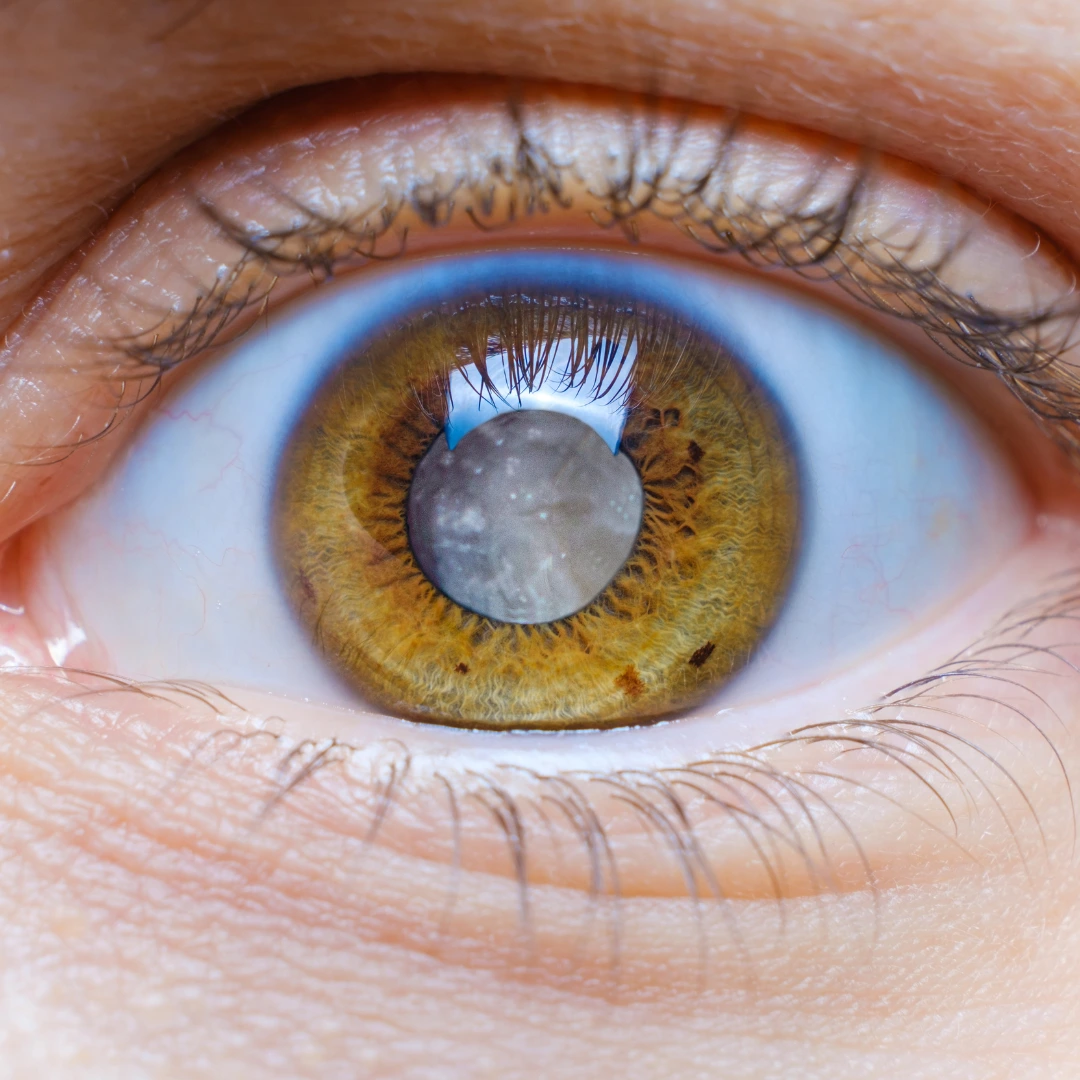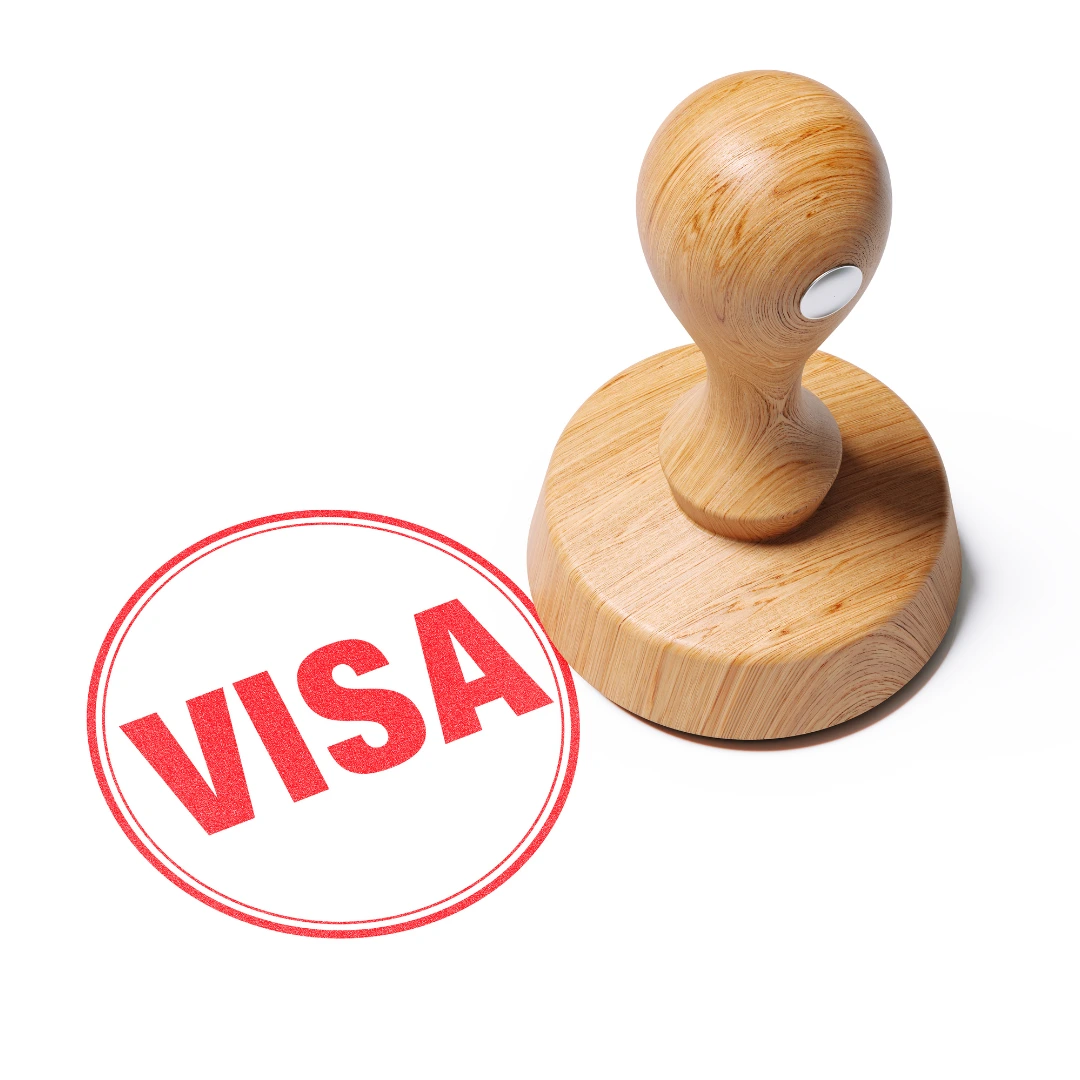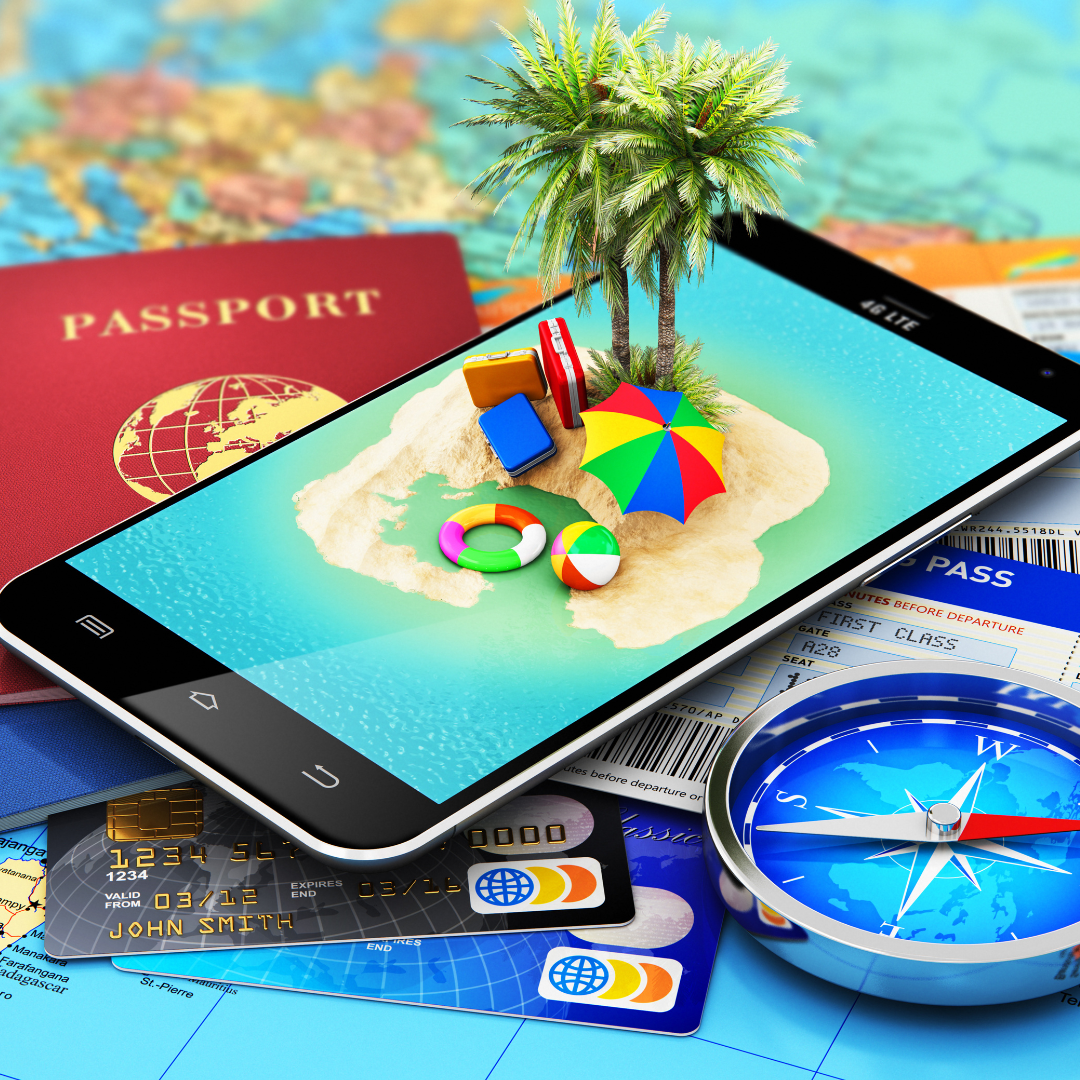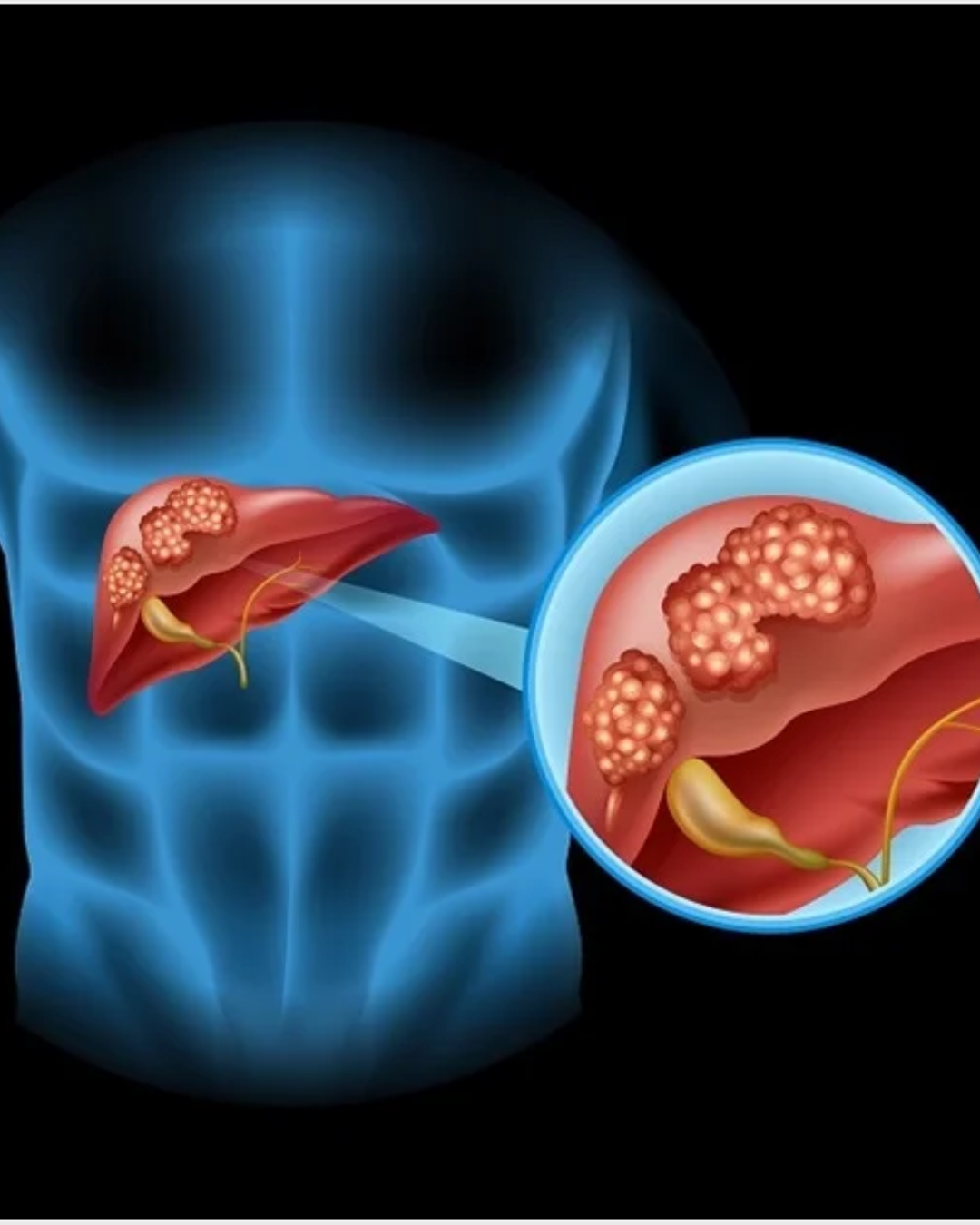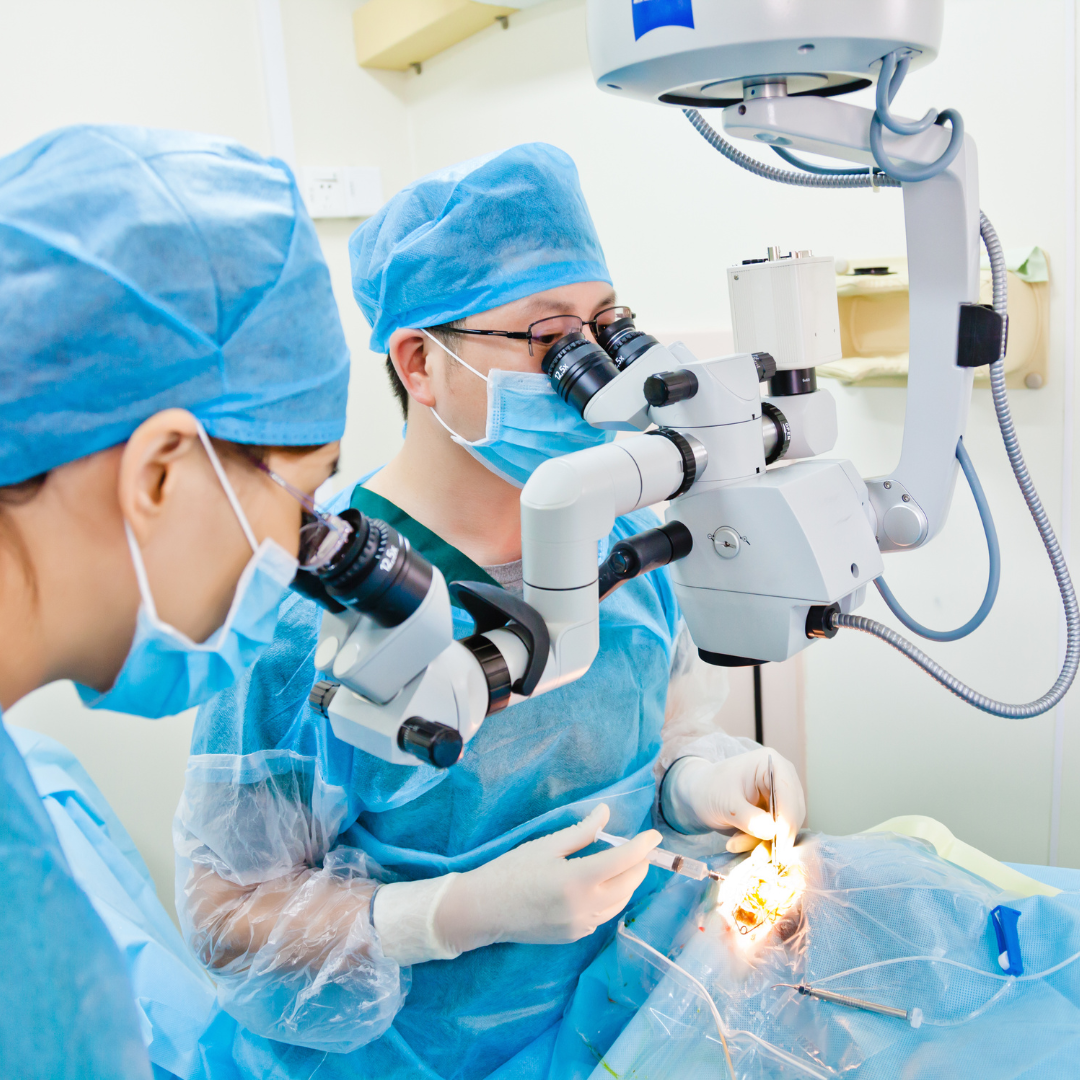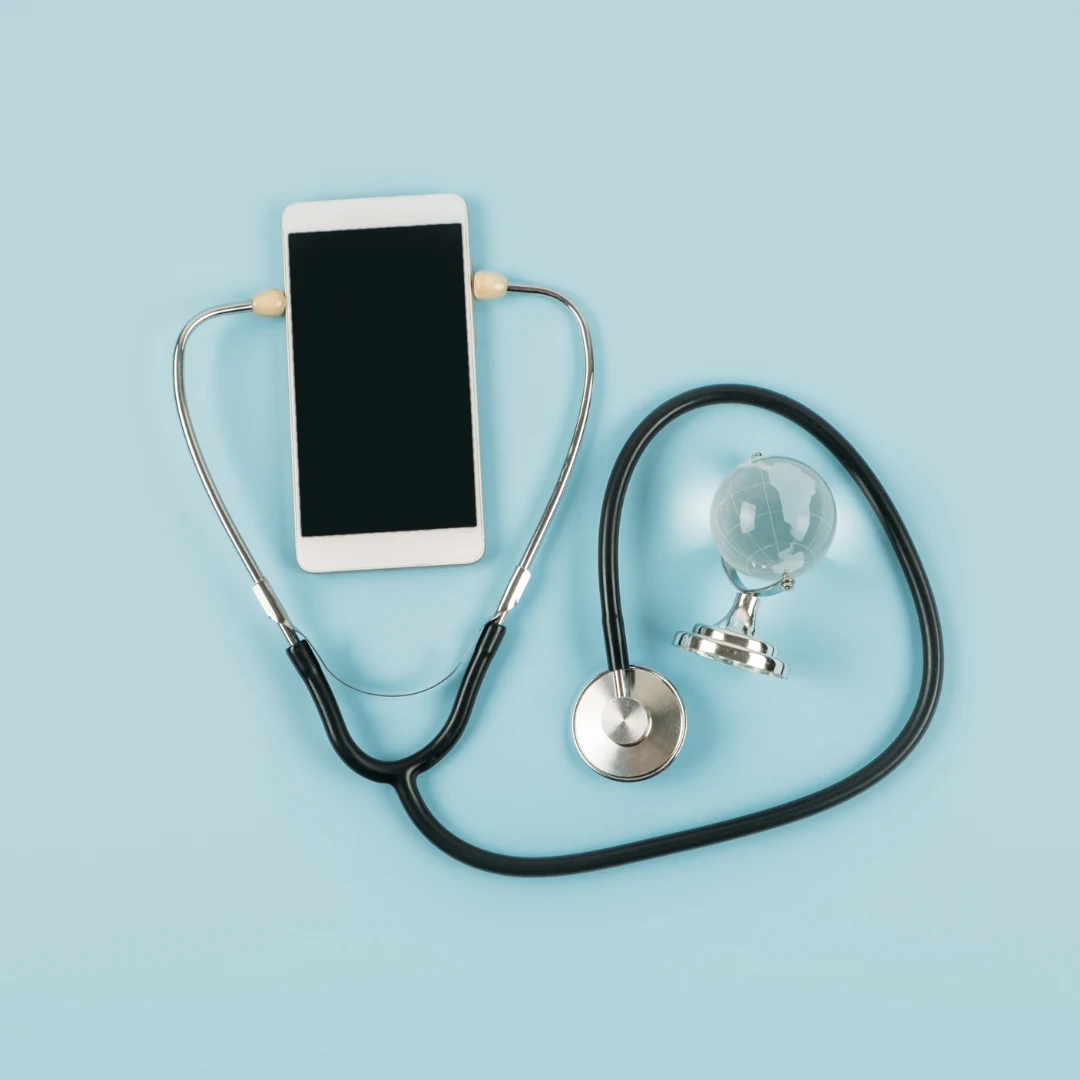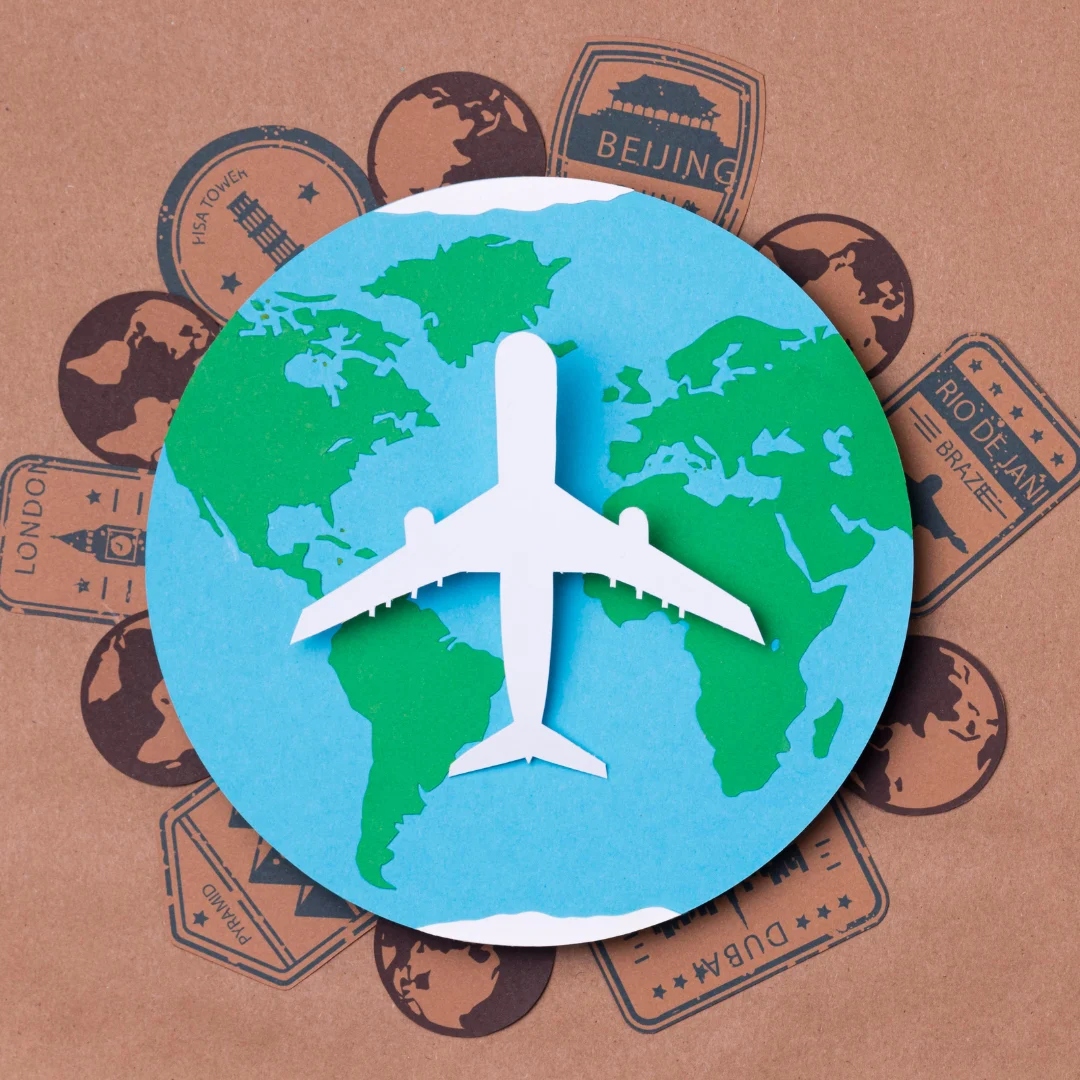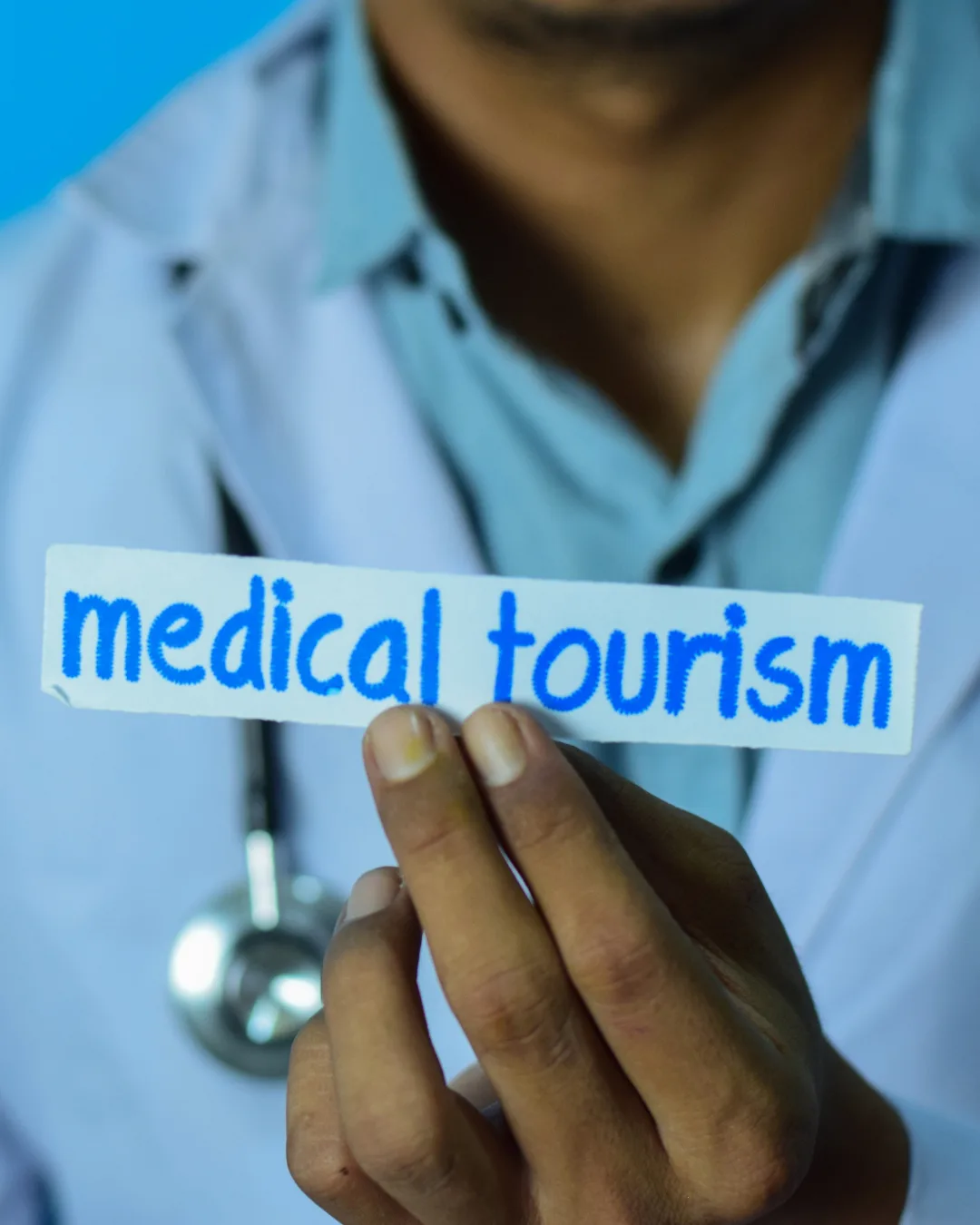Introduction
Neuromuscular disorders refer to a group of conditions that affect the muscles and the nerves controlling them. These disorders arise from abnormalities in the nerves, muscles, or the junctions between them. They can result from genetic mutations, autoimmune reactions, infections, or other causes that disrupt the communication between the nervous system and muscles. Common symptoms include muscle weakness, pain, cramping, fatigue, and in severe cases, loss of muscle function. Some well-known neuromuscular disorders include amyotrophic lateral sclerosis (ALS), muscular dystrophy, myasthenia gravis, and Guillain-Barré syndrome. These conditions can range from mild to severe, with varying impacts on an individual’s ability to move, breathe, or even perform daily tasks. Early diagnosis and treatment are crucial for managing symptoms and improving quality of life.
Cost Comparison
The cost of neuromuscular disorders/diseases treatment varies widely anywhere in the world, depending on the hospital, the stage of cancer, the type of treatment, the number of therapy sessions required, the patient’s overall health condition, post-operative complications and care, etc. The average cost of neuromuscular disorders/diseases in India is USD $3200.
But be assured as the cost of Neuromuscular Disorders/Diseases in India is just a fraction of developed nations.
- Avg Cost of treatment - $3200
- Maximum cost of treatment - $12500
Factors affecting Cost of treatment
-
Type of Neuromuscular Disorder: The complexity and severity of the disorder can greatly impact the cost. Diseases like Muscular Dystrophy, Amyotrophic Lateral Sclerosis (ALS), or Multiple Sclerosis may require different treatments, with some being more expensive due to their complexity.
-
Treatment Method: The treatment type plays a significant role in determining cost. Outpatient care, medications, physical therapy, and gene therapies can be cost-effective, whereas advanced treatments like stem cell therapy, surgery, or immunotherapy can raise the overall cost.
-
Duration and Frequency of Treatment: Ongoing treatments, especially for chronic conditions, will incur higher costs due to the long-term nature of care.
-
Specialized Care: If the patient requires specialized care from neurologists, rehabilitation specialists, or surgeons, the cost can increase. Some hospitals have renowned specialists or research teams for rare neuromuscular diseases, raising treatment costs.
-
Technology and Equipment: Hospitals using cutting-edge diagnostic tools (e.g., MRI scans, Genetic testing) or robotic-assisted surgeries may charge more due to the high cost of maintaining advanced equipment.
-
Inpatient vs Outpatient Care: Extended stays in the hospital or ICU for intensive monitoring and treatment will increase the cost, whereas outpatient services and home care options may be more affordable.
-
Medications: The cost of medications can vary widely, especially if the condition requires high-cost treatments like biologic drugs or immunosuppressants.
-
Insurance Coverage: Whether the patient has insurance and what it covers can significantly impact the out-of-pocket cost. Some insurance policies may not cover certain treatments, increasing the burden on patients.
-
Recovery and Rehabilitation: Post-treatment therapies like physical therapy, occupational therapy, and speech therapy can increase overall treatment costs, particularly for chronic or severe conditions.
- Age and General Health: Older individuals or those with other comorbid conditions may require more extensive treatment and care, thus escalating costs.
Treatment Options
-
Medications:
-
Steroids and Immunosuppressants: Used for diseases like myasthenia gravis, inflammatory myopathies, and multiple sclerosis to reduce inflammation and manage symptoms.
-
Pain Management: Non-steroidal anti-inflammatory drugs (NSAIDs) or stronger pain relievers are often prescribed to manage chronic pain or muscle cramps associated with neuromuscular diseases.
-
Anticholinesterase Agents: Medications like pyridostigmine are used to treat myasthenia gravis by improving communication between nerves and muscles.
-
Muscle Relaxants: Used for muscle stiffness and spasms in conditions like amyotrophic lateral sclerosis (ALS) or spinal muscular atrophy (SMA).
-
Antiviral and Antifungal Drugs: Used to treat specific viral or fungal infections affecting the nervous system.
-
Physical and Occupational Therapy:
-
Physical Therapy (PT): Aims to strengthen muscles, improve range of motion, and reduce pain. For diseases like muscular dystrophy or ALS, PT focuses on maintaining mobility and functional independence.
-
Occupational Therapy (OT): Helps patients with daily activities, improving fine motor skills and adapting home/work environments for greater comfort and independence.
-
Speech Therapy: For patients with ALS or SMA, speech therapy can assist with communication, swallowing, and respiratory functions.
-
Surgical Options:
-
Nerve Decompression Surgery: In conditions like carpal tunnel syndrome or radiculopathy, surgery to relieve pressure on compressed nerves can be effective.
-
Spinal Fusion Surgery: For spinal conditions such as spondylosis or spinal muscular atrophy, surgery may be recommended to stabilize the spine.
-
Deep Brain Stimulation (DBS): Used for conditions like Parkinson’s disease and essential tremor, DBS involves implanting electrodes in the brain to help control abnormal brain activity.
-
Gene Therapy:
-
Gene Editing and Gene Replacement Therapy: For certain inherited neuromuscular disorders like Duchenne muscular dystrophy (DMD) and spinal muscular atrophy (SMA), gene therapies are being explored to correct the underlying genetic defects that cause these diseases.
-
AAV Gene Therapy: In clinical trials for diseases like SMA, this therapy uses adeno-associated viruses to deliver corrective genes to affected areas of the nervous system.
-
Stem Cell Therapy:
-
Stem cell research holds promise for neuromuscular diseases such as ALS and muscular dystrophy. Stem cells may help regenerate damaged muscles or nerves.
-
Bone Marrow-Derived Stem Cells (BMSC) or mesenchymal stem cells (MSCs) are being tested for their ability to repair neuromuscular tissue and improve motor function.
-
Assistive Devices:
-
Braces, Splints, and Orthotics: Used to support weakened muscles and prevent further damage. For example, ankle-foot orthoses (AFOs) are often used in patients with charcot-marie-tooth disease (CMT) or muscular dystrophy.
-
Wheelchairs and Mobility Aids: These devices help patients maintain their independence as their physical abilities decline.
-
Breathing Aids: Patients with ALS or muscular dystrophy may require ventilators, positive pressure devices, or other breathing aids to assist with respiratory function.
-
Nutritional Support:
-
In conditions like ALS, muscular dystrophy, or myotonic dystrophy, where swallowing and chewing become difficult, patients may require feeding tubes to maintain proper nutrition.
-
Dietary modifications: Special diets to help manage symptoms, such as low-fat or high-protein diets, may be recommended to support overall health and muscle function.
-
Plasmapheresis and Intravenous Immunoglobulin (IVIG):
-
Used to treat autoimmune neuromuscular disorders like myasthenia gravis or Guillain-Barré syndrome, these treatments help remove harmful antibodies from the blood and improve immune function.
-
Experimental and Clinical Trials:
-
Clinical trials are ongoing for neuromuscular disorders to develop new and innovative therapies. Patients may participate in trials for novel drugs, biologics, gene therapies, or stem cell treatments.
-
Lifestyle Changes:
-
Encouraging exercise, a balanced diet, and regular check-ups with healthcare providers can help manage symptoms, prevent complications, and maintain the quality of life for patients with chronic neuromuscular diseases.
How Medotil Global Assists International Patients
Medical Visa Assistance
- Guides patients through the process of obtaining a medical visa for India.
- Provides necessary documentation support, such as invitation letters from hospitals.
Accommodation Arrangements
- Helps secure comfortable and affordable lodging near treatment centers.
- Offers a range of options, including guest houses, hotels, or serviced apartments.
Food Services
- Assists in arranging dietary preferences, including international cuisines and special diets for medical needs.
Transportation Support
- Provides airport pickup and drop-off services.
- Offers reliable transportation for hospital visits and local travel.
Hospital and Doctor Selection
- Recommends top hospitals and connects patients with experienced specialists in their specific condition.
- Ensures access to advanced medical treatments and technology.
Tourism Services
- Organizes visits to famous tourist attractions like the Taj Mahal, Jaipur, Kerala, and other cultural landmarks.
- Tailors travel plans based on patient preferences and recovery needs.
24/7 Support
- Provides round-the-clock assistance for any queries or emergencies during the stay in India.


